
Seasonal Changes Influence Colic in Horses
Will you be ready when your horse colics?
Information At-A-Glance
- The single most important product no horse owner should be without
- Early warning signs of colic you don't want to ignore
- Holistic remedy for the common causes of colic in horses
- Treat early signs of colic safely and effectively without breaking the bank
Shop Natural Horse Supplements
_________________________________________________________________________________________
When the leaves begin to change colors, there is a definite nip in the air and our horse’s coats are getting fuzzy—it must be fall. I love this time of year for so many reasons: cool sleeping weather, football Saturdays and hot chocolate to name a few, but this year in particular I welcome its arrival with open arms. We experienced a very hot, dry summer in the Pacific Northwest in 2017. With fires burning all around us, there were days when the air quality in Seattle was worse than in Bejing—it was that bad and I’ve never seen anything like it in the 30+ years that I have lived here. Now that the rains have returned, the air has cleared and the dust has settled, it’s time to take a deep breath and look back on all that we were able to accomplish during this long, dry summer and to even be grateful for it, as we were able to get a lot done here on the farm.
When it comes to our horses, there is something else that seems to occur with more frequency during the change in seasons each year, something sinister: colic. I don’t know what roll the solstice and equinox transitions play in the equine digestive system, I just know that more colics seem to occur during these times of year than any other. We are very diligent all year, making sure the hay we feed our horses is of the best quality, that their water source is always clean, that the grains and supplements we feed are from trusted, reputable companies, and we deworm on a regular basis. So what is it about the change in seasons that seems to trigger such painful episodes to occur with such regularity, even when our standard of care is unwavering? I hope someday we will have more insight into why this occurs, but for now, let’s just try to understand what “colic” in a horse actually looks like.
There are five basic types of colic in a horse: gas, spasmodic, impaction, displacement, and torsion or twist. There are also many mitigating factors that, if present, can influence the type, severity and frequency of colic episodes such as sand accumulation, chronic ulcers, tumors, lipomas, enteroliths, and even some inheritable traits that cause malformations or persistent malfunctions to occur.
Early signs of colic are easy to miss if you aren’t paying attention: lethargy, a disinterest in food and water, and isolation from herd mates. If you don’t pick up on these indicators, the next things you will observe include pawing, looking back at the flanks, getting up and down repeatedly and rolling. If you witness these signs of distress in your horse then it is already past time for you to be stepping in to help. While a call to your veterinarian is imperative, before you make that call you should get your horse’s vital signs: respiratory rate, temperature, gum color, hydration status and gut sounds, or the lack thereof (be sure and listen on both sides of the horse). Once you have this information, make that call!
When your vet arrives, he/she will take those vital signs again and will palpate your horse, feeling for impactions, tumors, displacements, a torsion or twist. Depending on what is discovered (a torsion or twist usually means an emergency trip to the equine hospital), your vet will administer medications for pain and to relax the colon, plus copious amounts of water, mineral oil, and Epsom salts through a nasogastric tube placed in your horse’s stomach. If the colic is mild and caused by colon spasms, gas or small impaction, then these measures should relieve the problem and your horse will be good as new in short order. If these measures fail to produce relief, however, then it will be time to look for more serious causes of distress and will usually lead to that trip to the equine hospital.
Now imagine yourself in this same situation described above, except this time your vet is unreachable, out of town, or on another call and can’t get to your horse. What do you do? Standing helplessly by while your horse writhes in pain is agonizing to watch and you know that as the minutes tick by your best friend is spiraling downward toward what very well could be an excruciatingly painful death right before your eyes. What would you give to be able to stop this madness yourself quickly, easily and painlessly? I’ll bet a lot, and believe it or not now there is something you can give your horse that will do just that. It’s called Equine Gut Flush.
Equine Gut Flush assists in restoring gut motility, dissipating gas, relieving spasms, and softening bowel impactions. Gut Flush addresses the internal causes of abdominal colic in your horse and can relieve a normal bout of colic within 45 minutes. Administered orally, Gut Flush contains a proprietary blend of extracts of: fennel seed, peppermint, dandelion root, catnip, kelp, ginger root, and fenugreek and horses love the taste.
I wouldn’t be writing about this product if I hadn’t personally used it myself and I have, many times. The only times it failed to relieve colic episodes in my own horses was when my Arabian Kelidar had an enterolith so large that it totally blocked his colon, and again when his ½ brother, Bucky, suffered a total strangulation of his bowel from a lipoma. Prior to these two final episodes, I had used Equine Gut Flush several times over the last few years of these two particular horses’ lives, with total success. When the Gut Flush failed to work on those last two occasions, I knew that nothing would and the decision to euthanize and end their suffering was made quickly and with a clear conscience.
Over the years, we have had customers come through our store from other countries, like Sweden and Germany, to name just two, who congratulated us on finally getting with the program and stocking this product. We were told that this little bottle is mandatory in every first aid kit and that horse folks in these countries have been using this stuff for decades with great success. Their only questions to us: “What took you so long?” and “What do people do if they can’t reach the vet?” The answers to these questions lie with the vets themselves, many of whom vehemently disapprove of this product for reasons other than its effectiveness. We have heard comments such as, “This stuff will kill a horse!” and “Colic is our bread and butter! Are you trying to put us out of business?” and even, “If you use this product, I will not treat your horse.” These statements are nonsense. The formula is safe, natural, and contains nothing that is toxic to your horse; this product will not relieve complicated cases of colic, so we still need our vets; and the last statement is just stupid and totally incomprehensible.
Don’t get me wrong, we love our vets. Our animals would not survive without them. But we need them to have common sense, as well. Horses colic very easily for various reasons, and at any time of day or night. If I see my best friend in distress and I know I have something sitting in my tack box that I can easily administer that will most likely relieve his suffering quickly, then I’m going to do that. We already stash an assortment of sprays, ointments and salves to treat our horse’s minor wounds. Why not also stash a couple bottles of Equine Gut Flush just in case your horse starts acting funny and not himself—these are the first signs of a colic episode in your horse and the perfect time to administer a bottle of Equine Gut Flush. If symptoms persist past the 45 minute mark, then this is a really good indicator that something major could be amiss and you need to seriously consider that trip to the equine hospital.
Whether it is the change in seasons, a change in hay sources, or simply an off taste to the water that causes your horse to drink less than normal, eventually it seems, every horse will experience an episode of colic. Just because you have never experienced a colic, doesn’t mean you never will. It happens to the best of us. They say that no horse ever colics—until he does. Will you be prepared to step in and save your horse when that day arrives? Or will you be on the sidelines watching your horse suffer—possibly even die—while you wait for the vet to arrive? I know where I will be.
Learn More:
- Ginger Lee's Story - One dog's battle with Hemangiosarcoma. Given just weeks to live, find out how we got four more years ... and counting.
- Simple Nutritional Approaches for Optimal Horse Health - 11 tips ranging from natural deworming solutions, the supplement you should NEVER feed to a horse in conjunction with alfalfa and so much more.
- Our Founders Story - 40+ years of suffering from autoimmune diseases and the simple holistic supplement that changed everything.

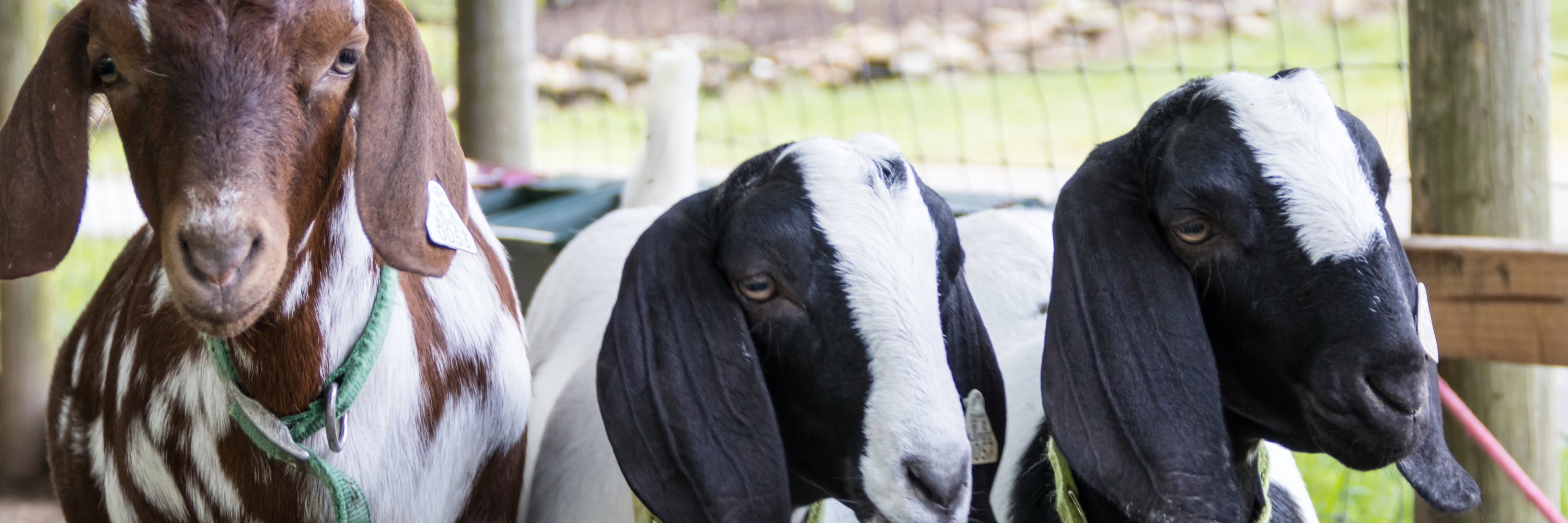
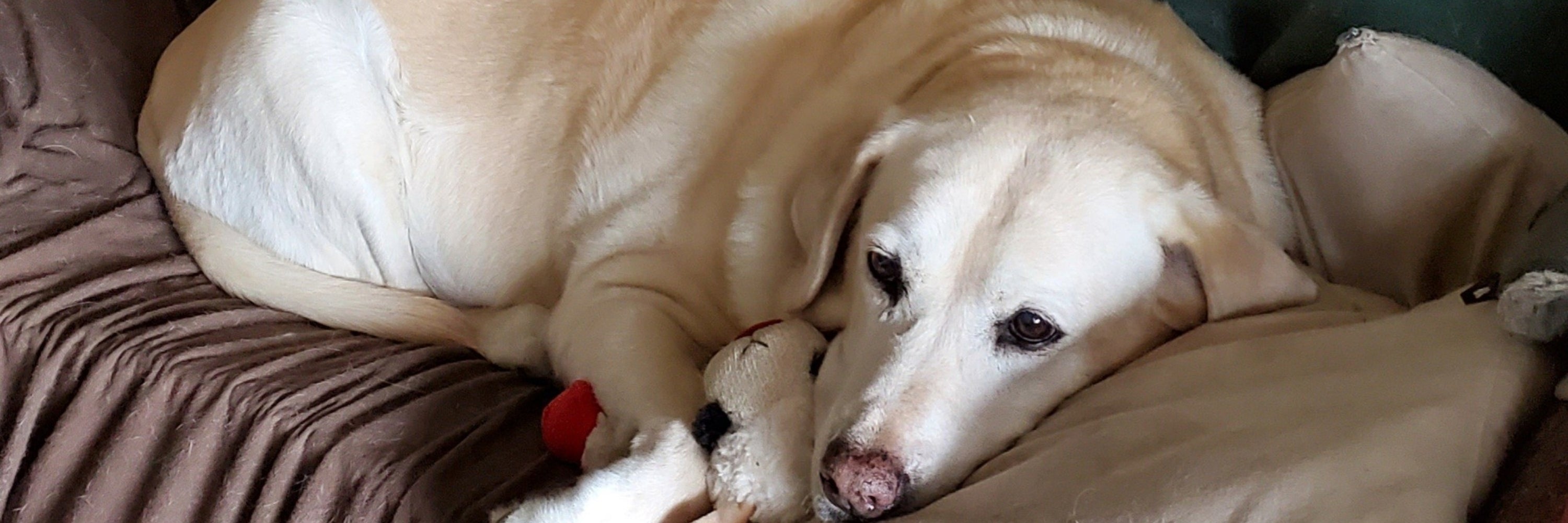
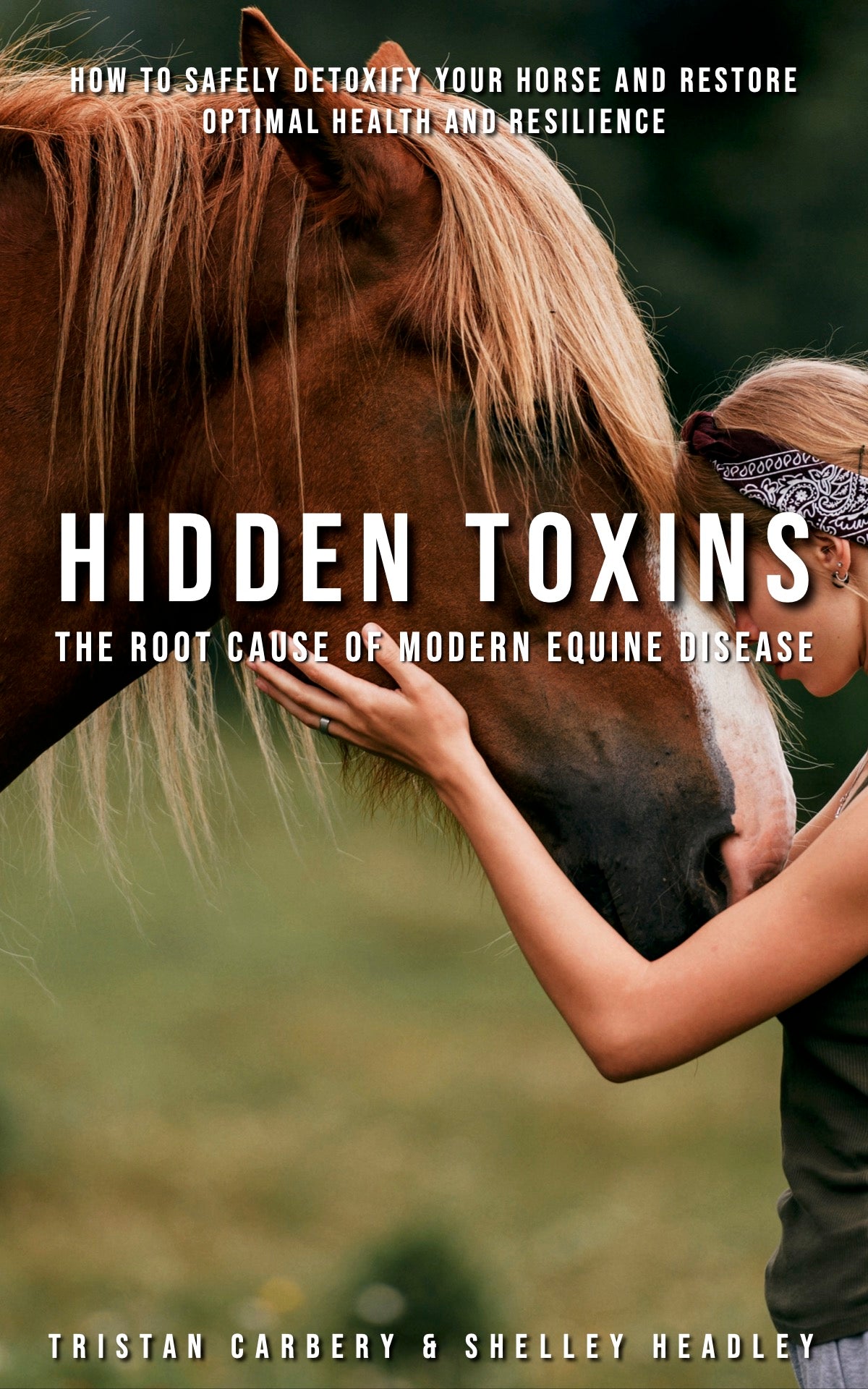
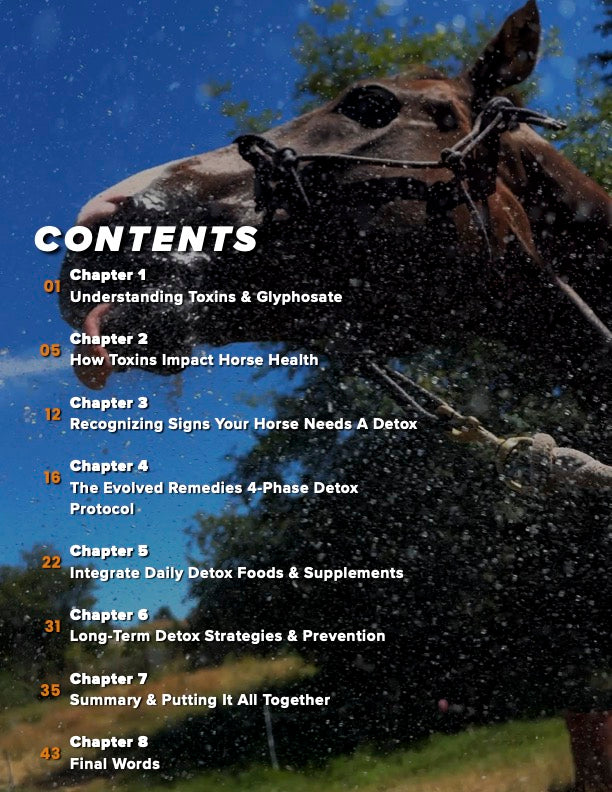
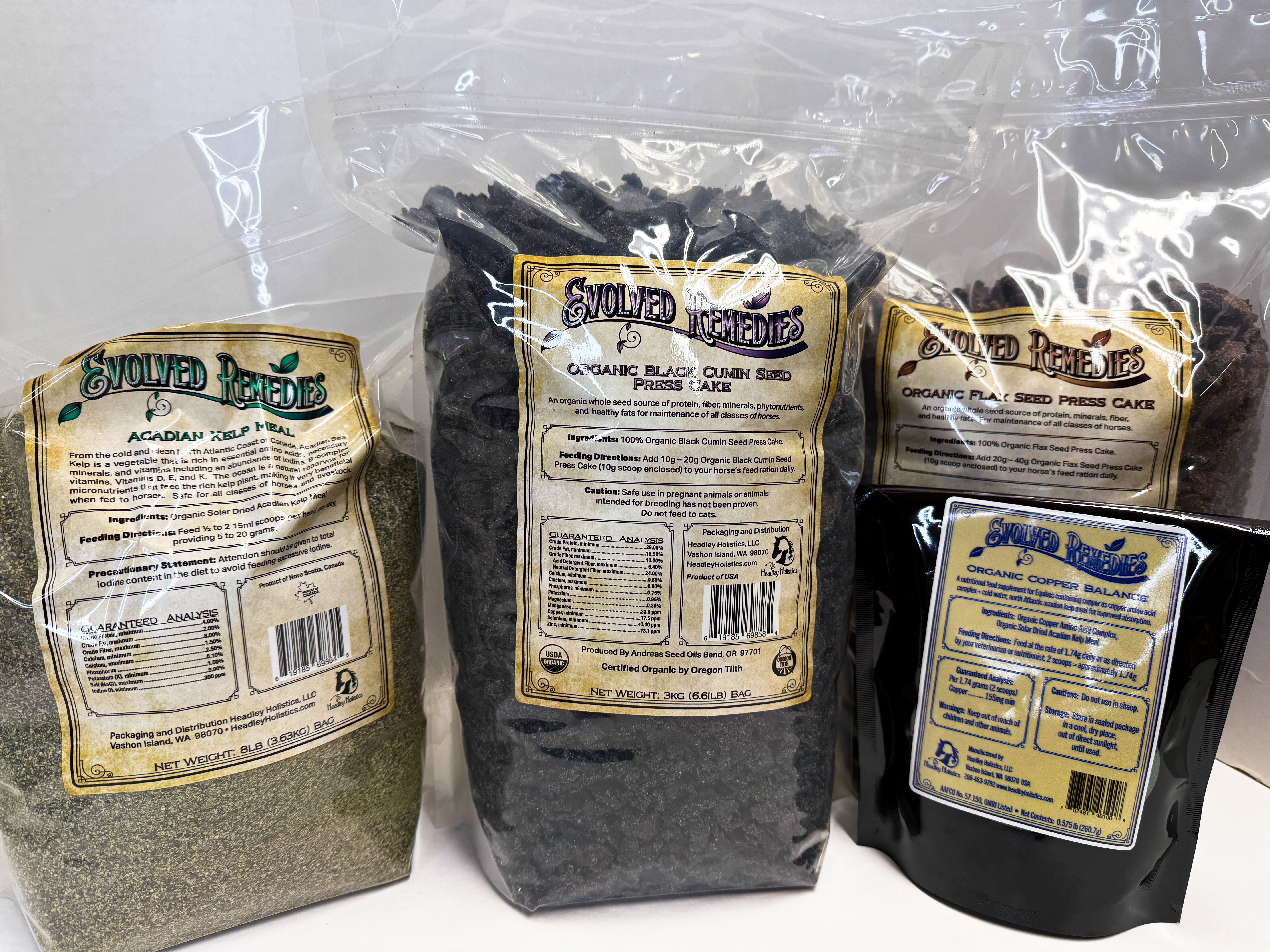
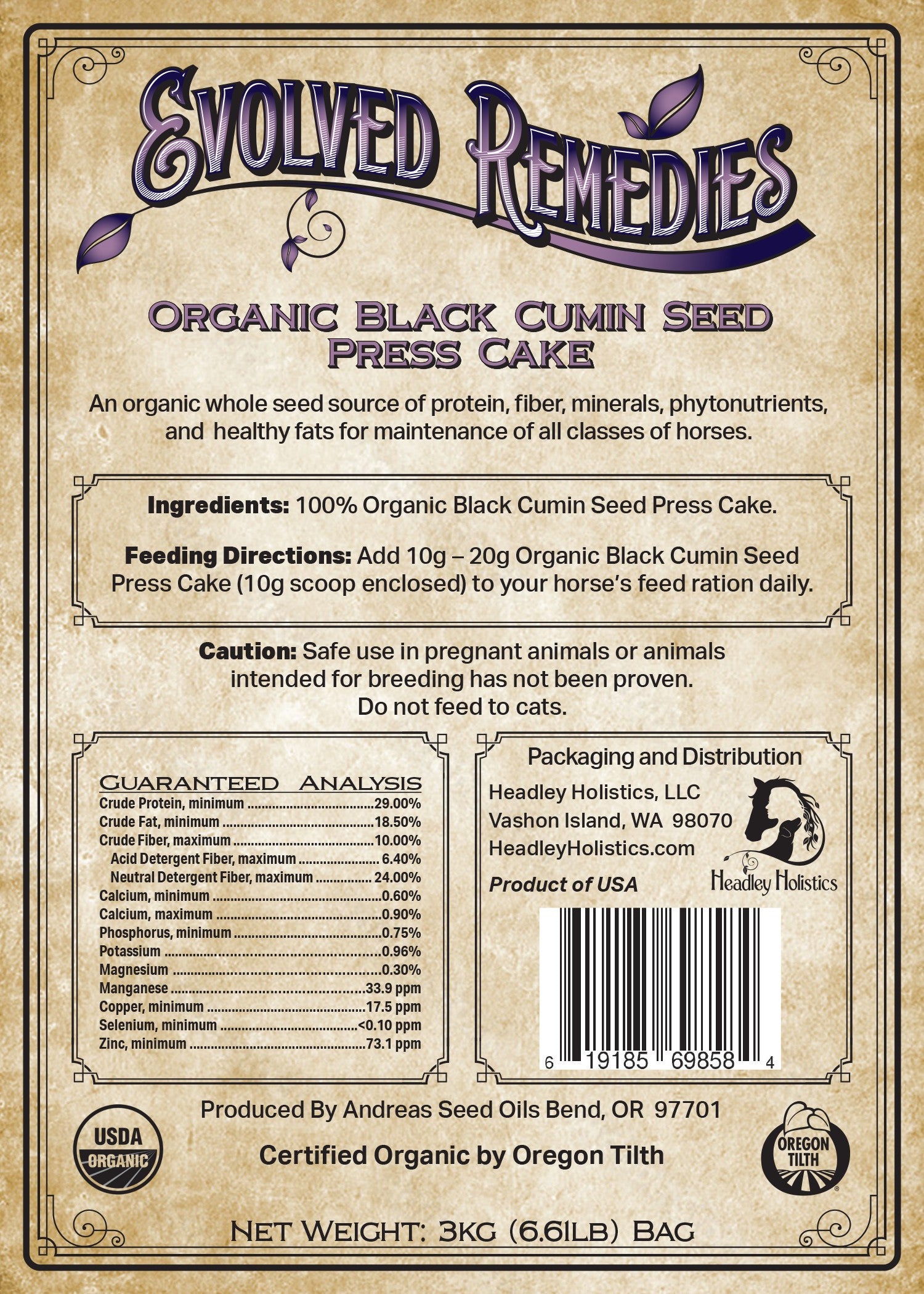
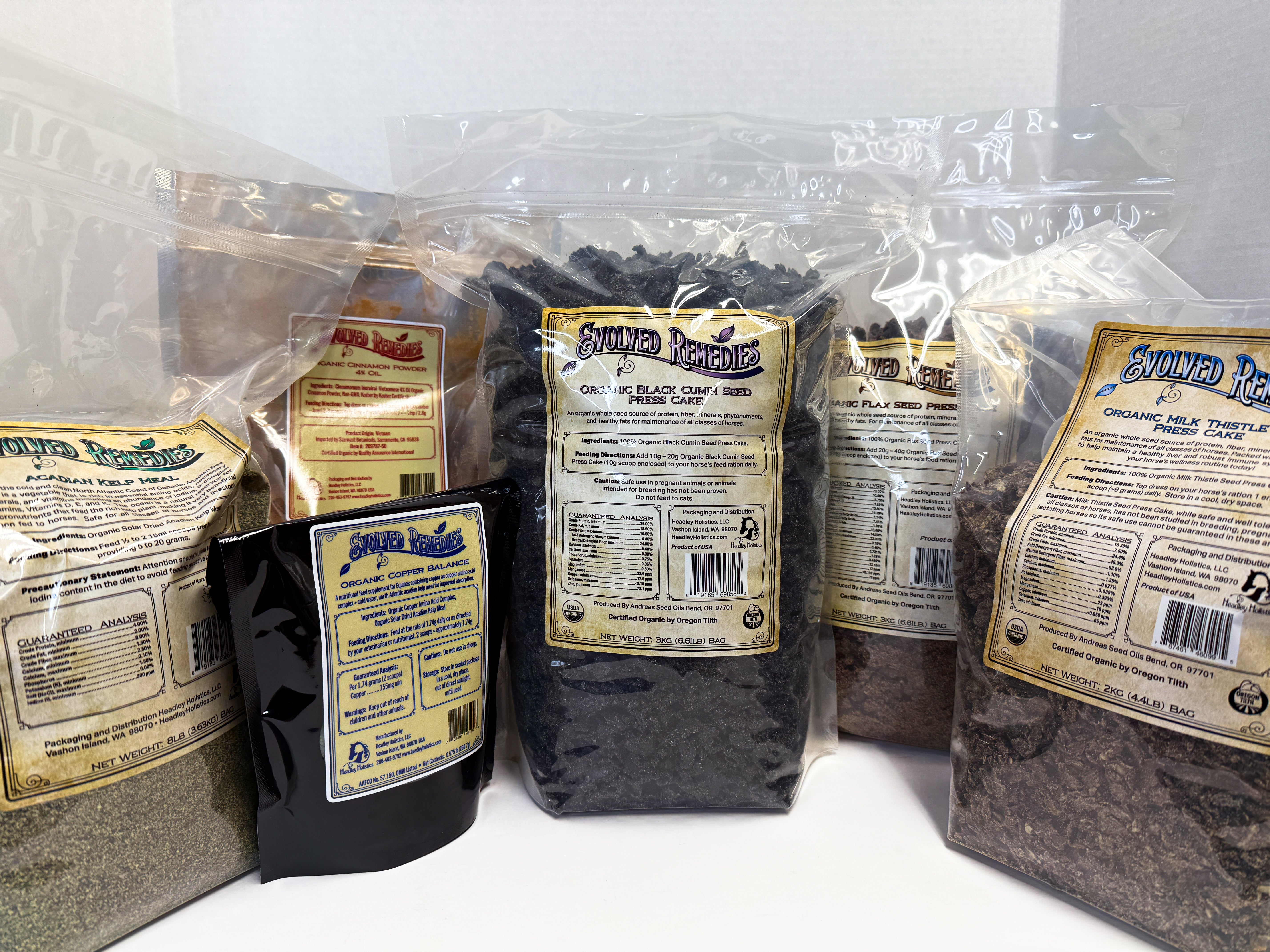
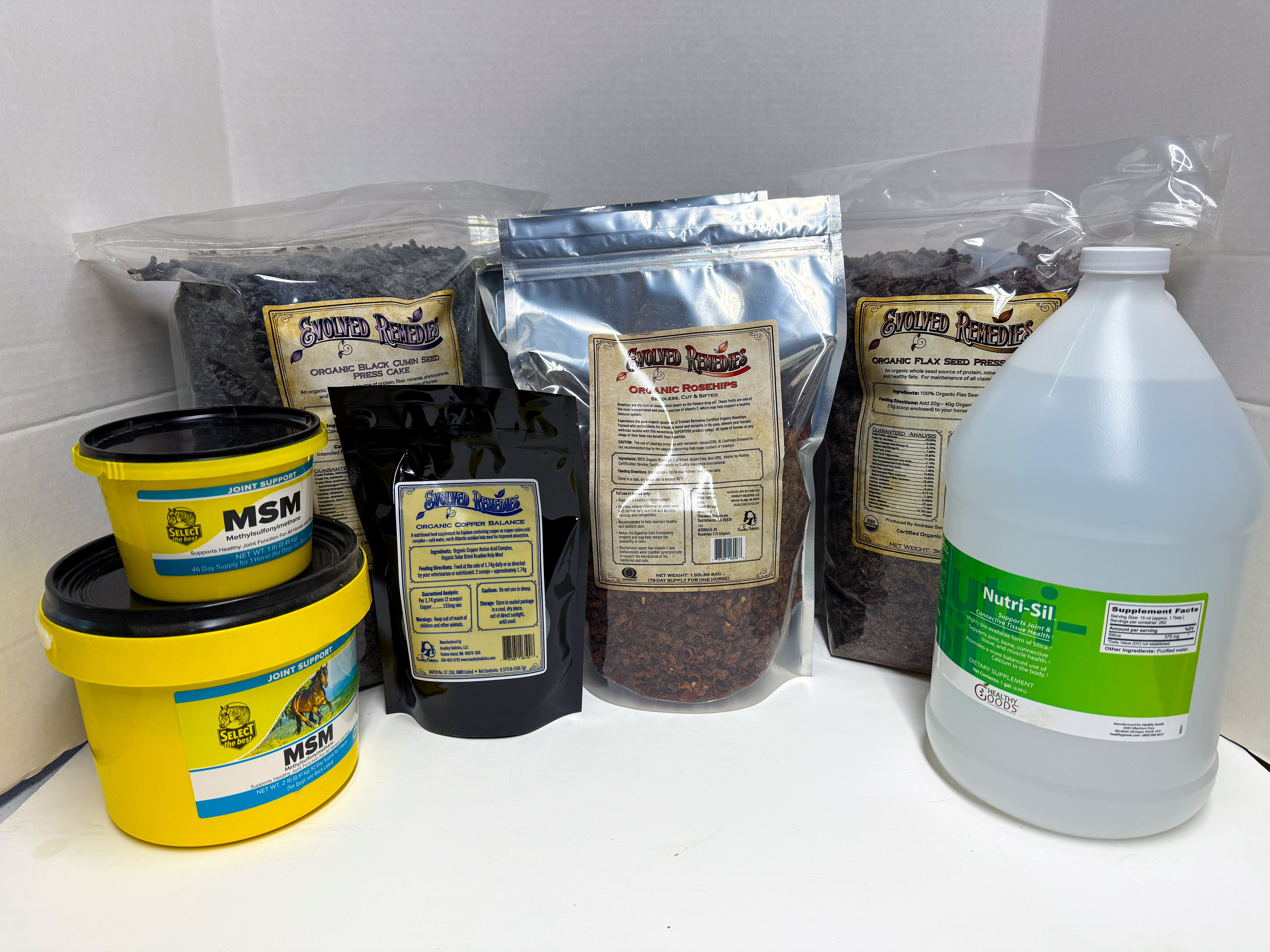
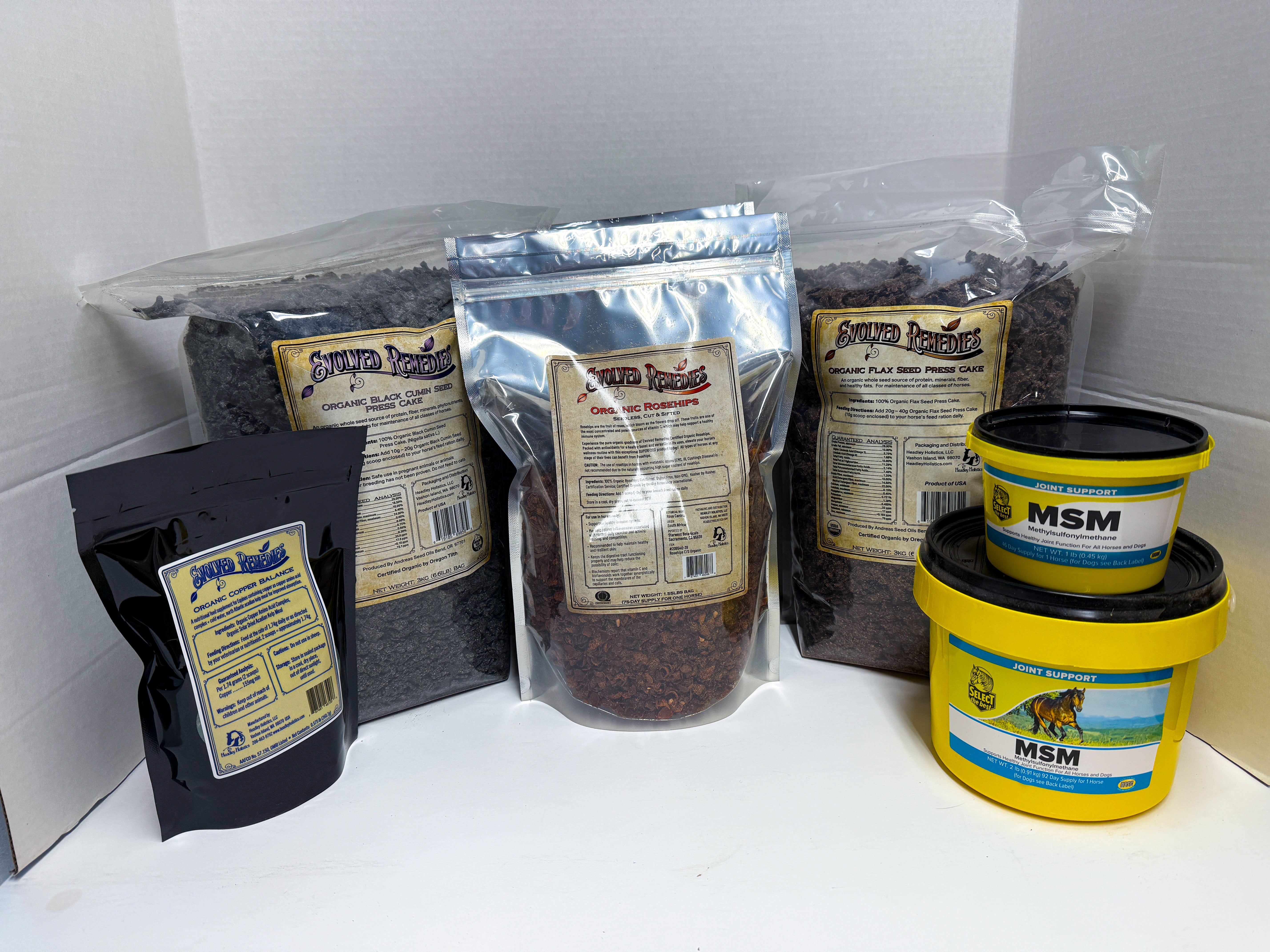
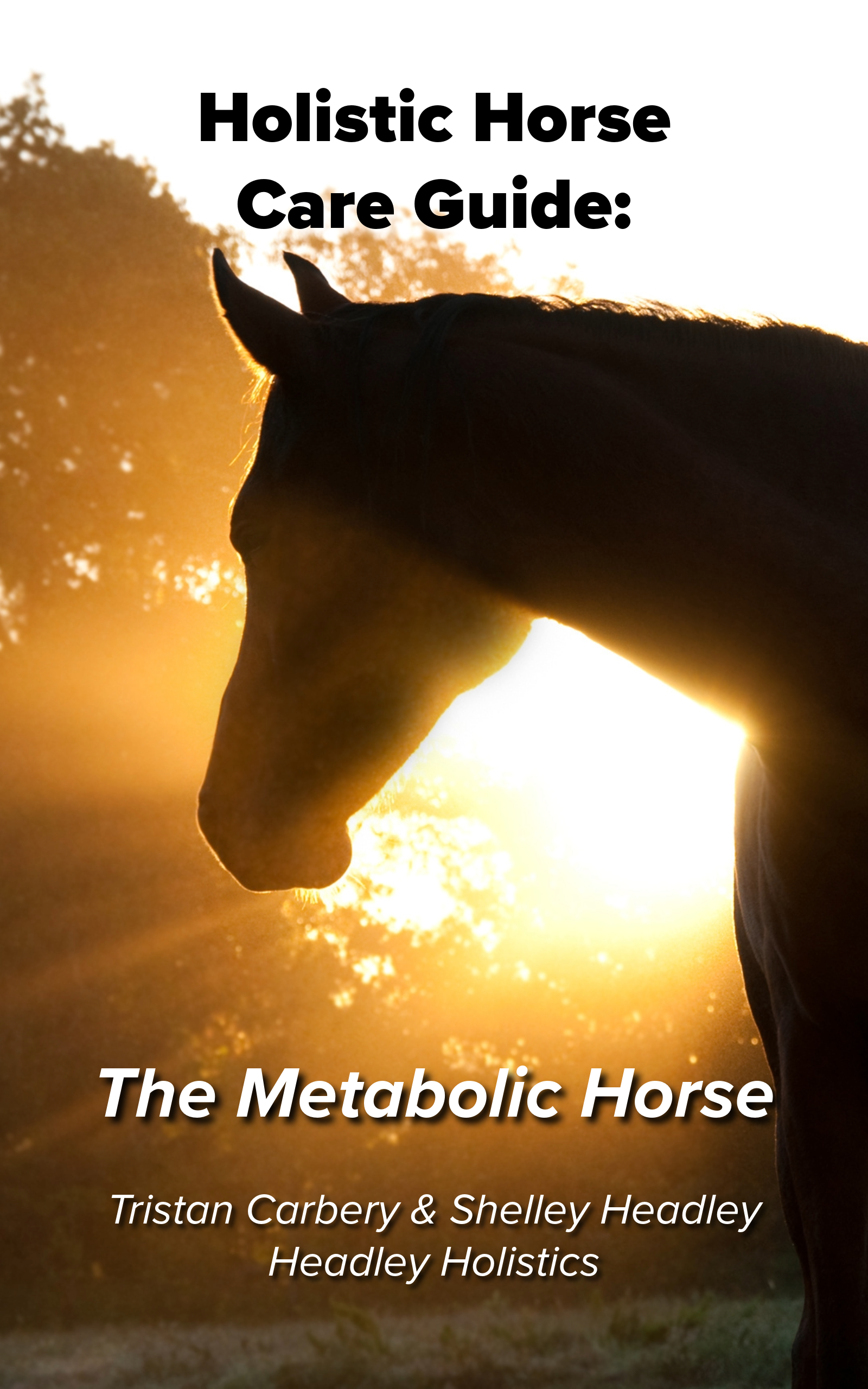
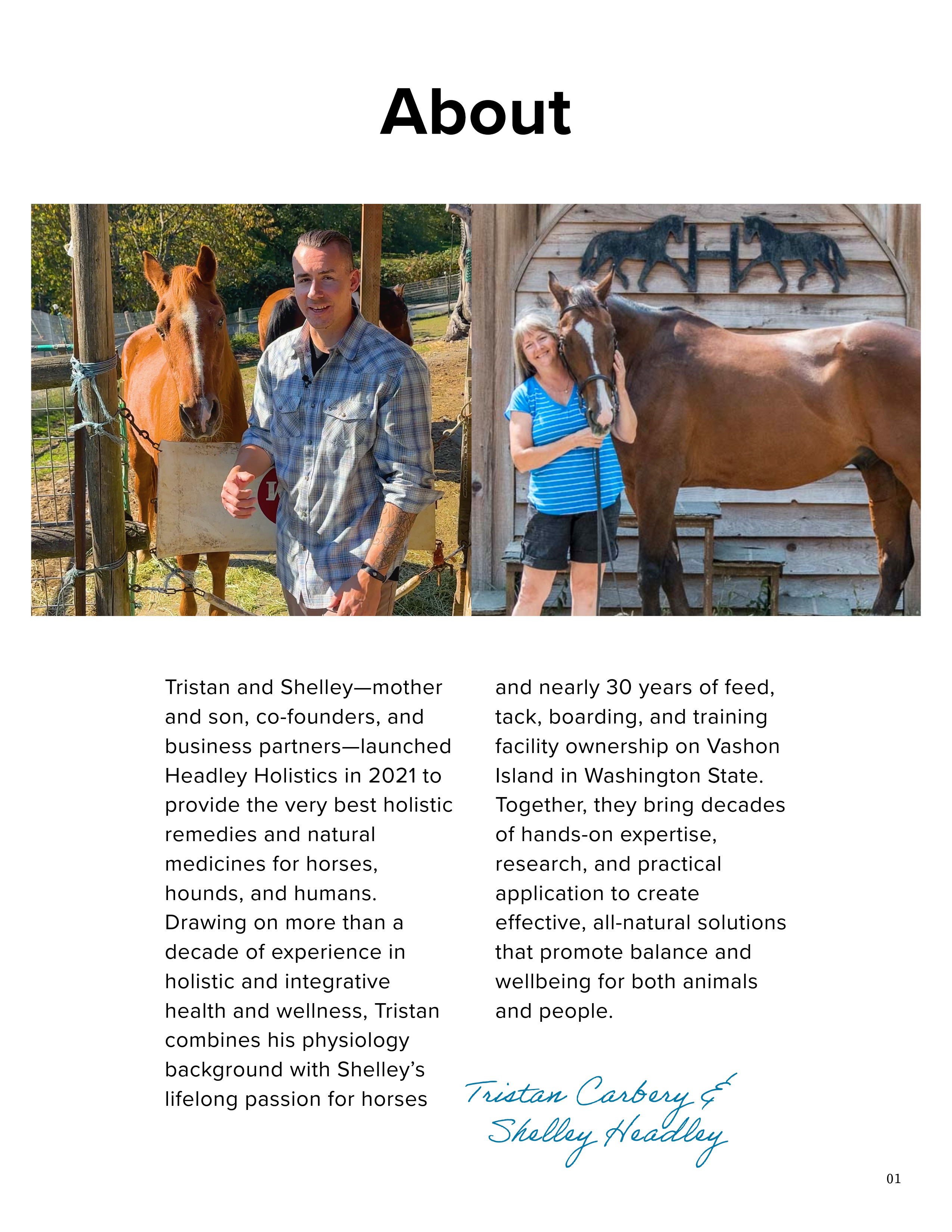
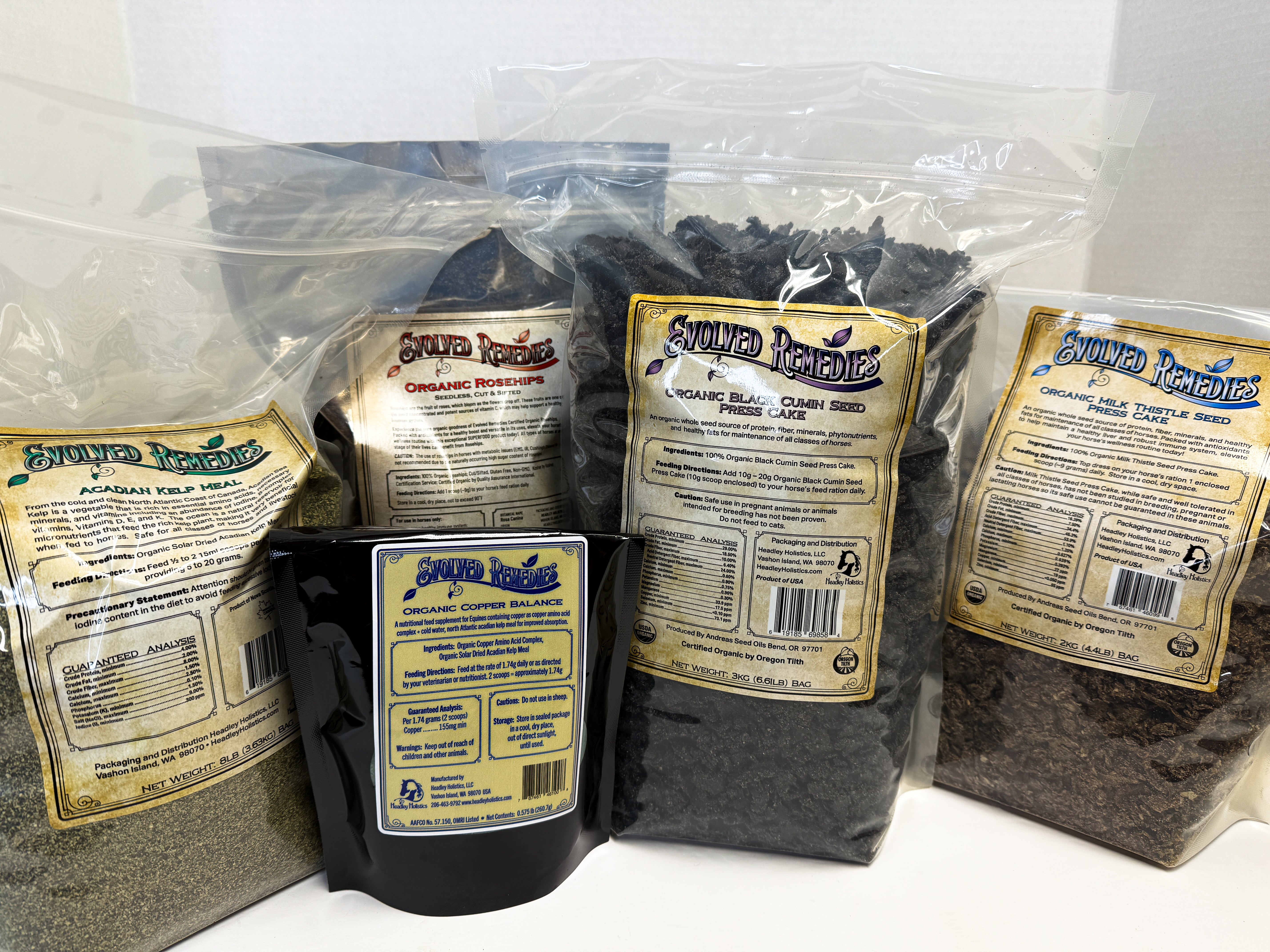
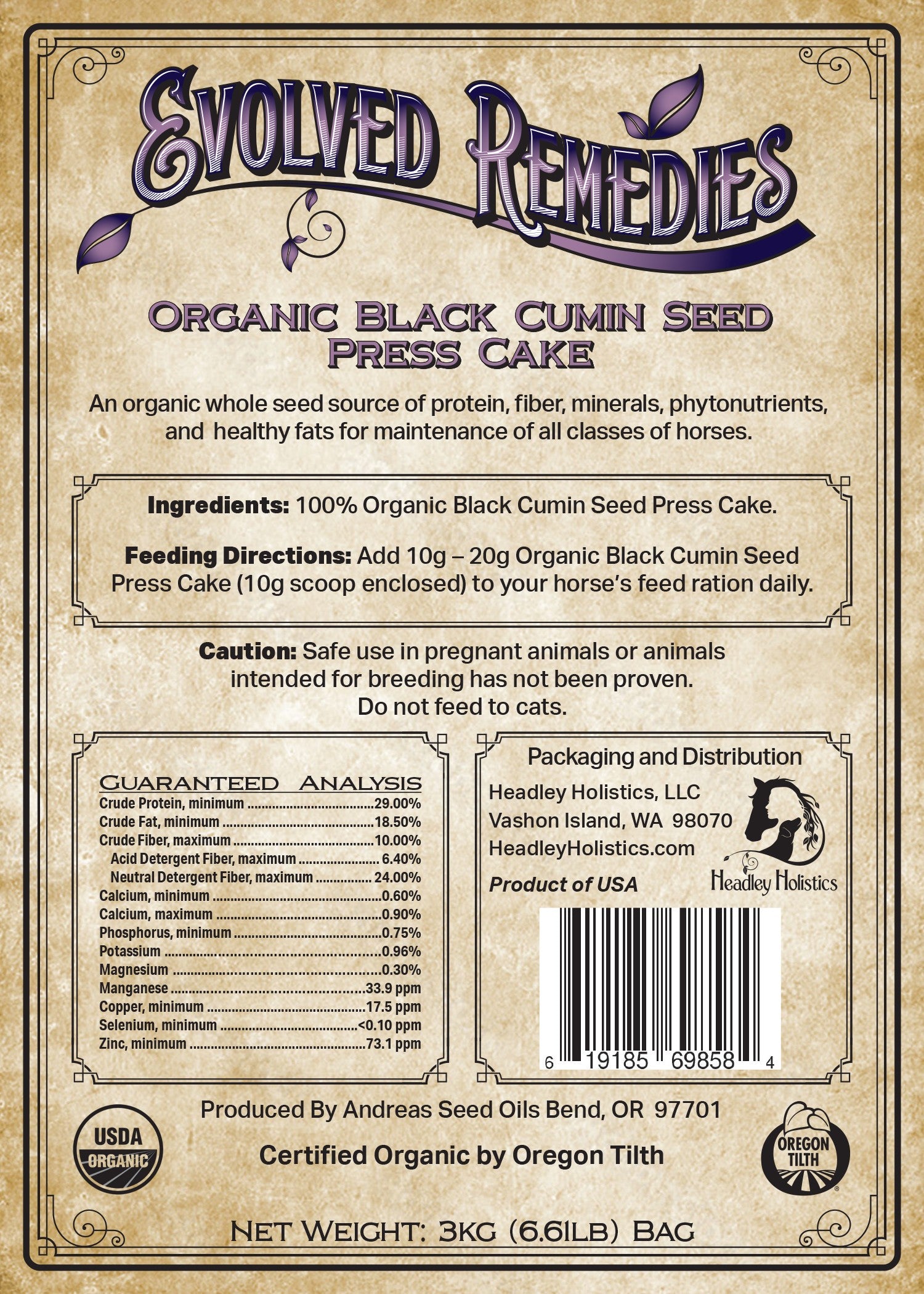
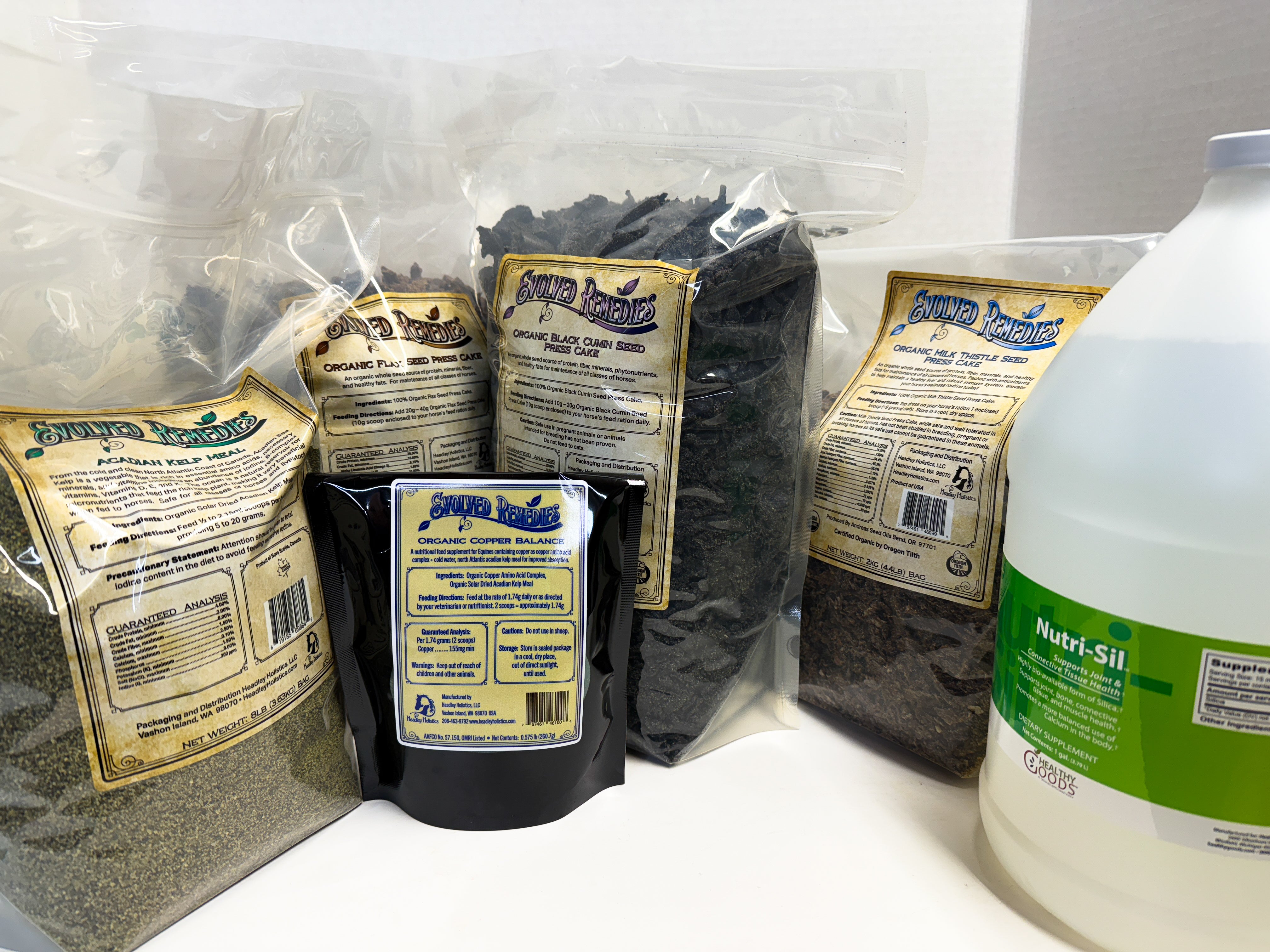
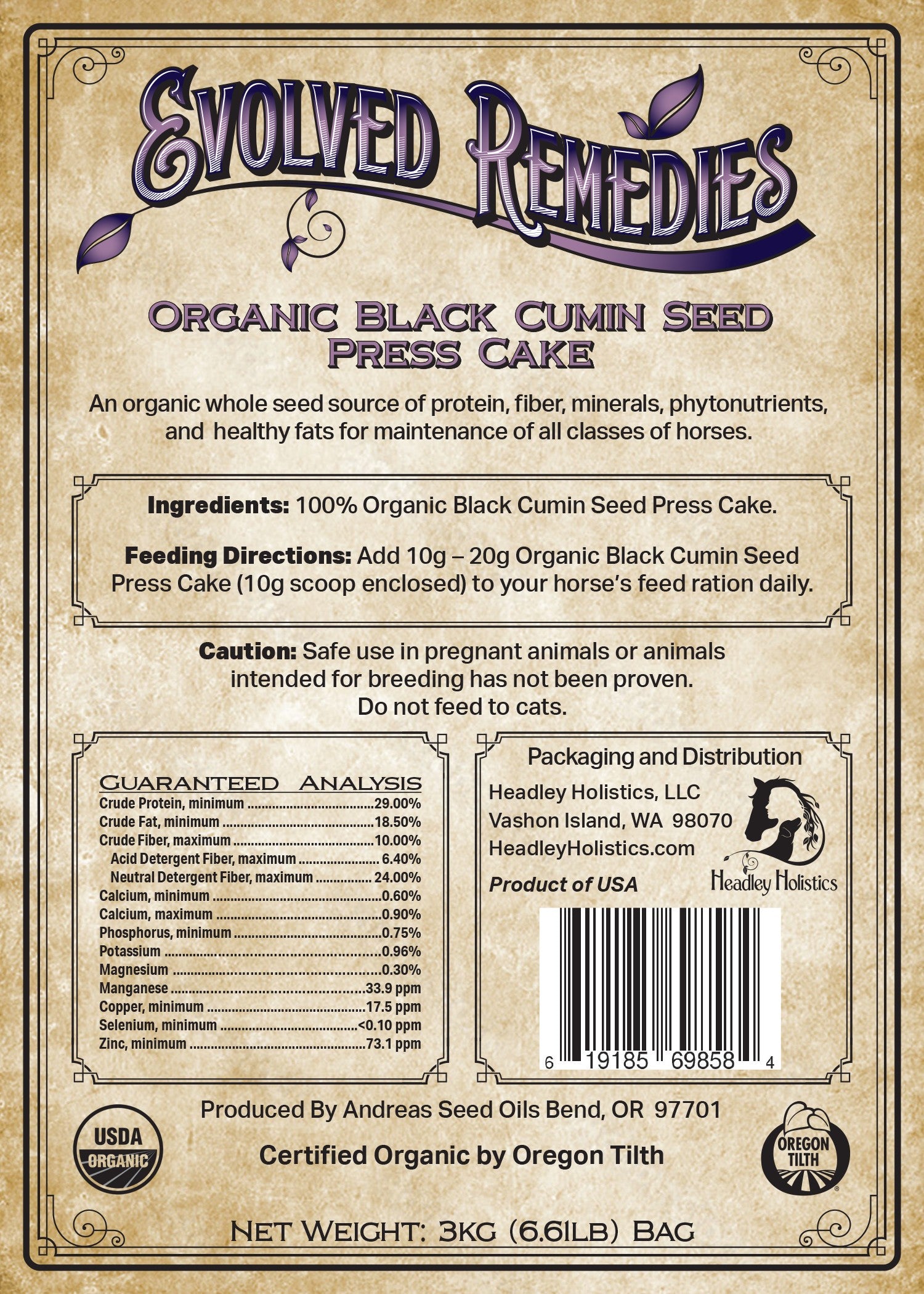
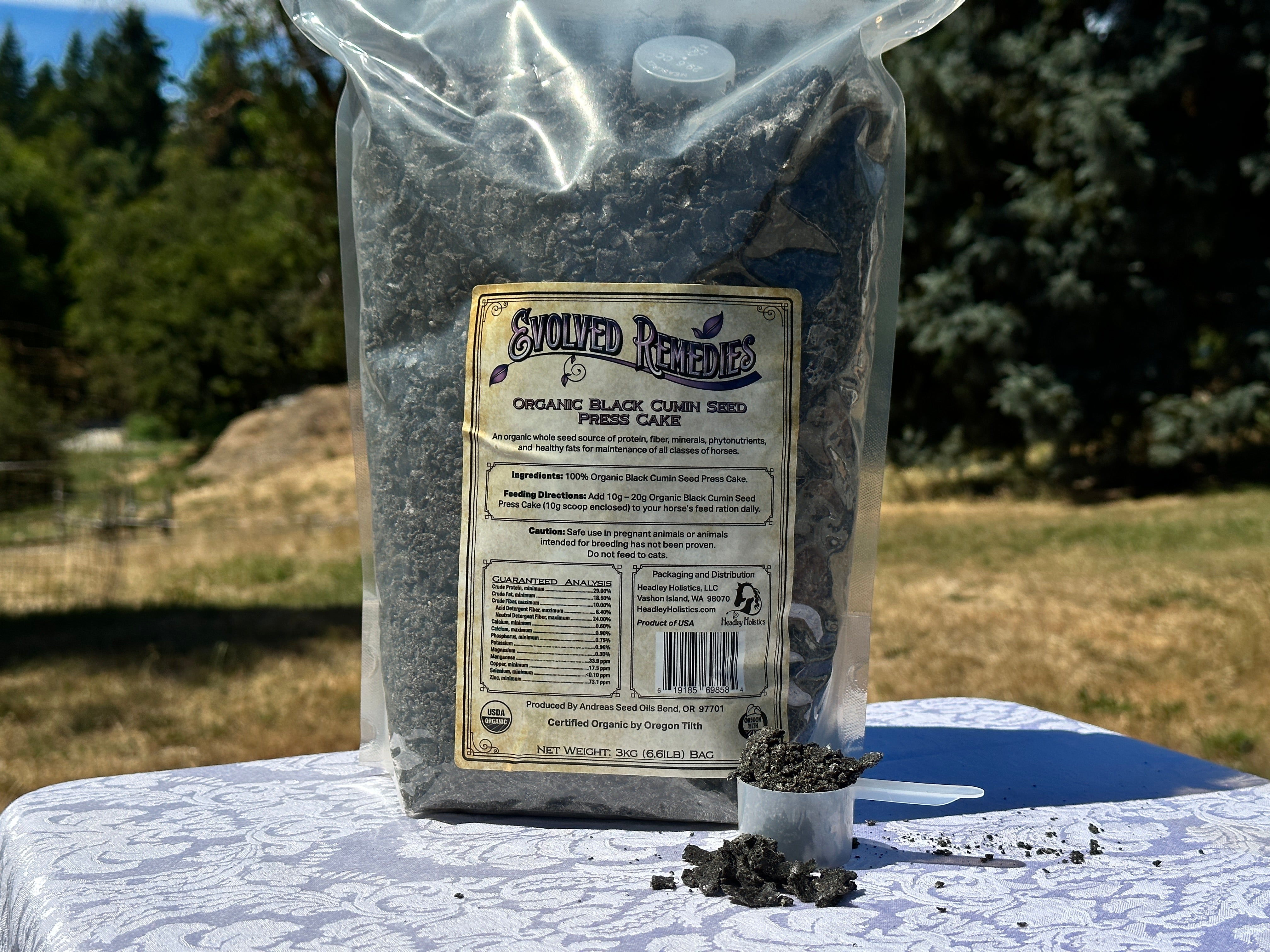
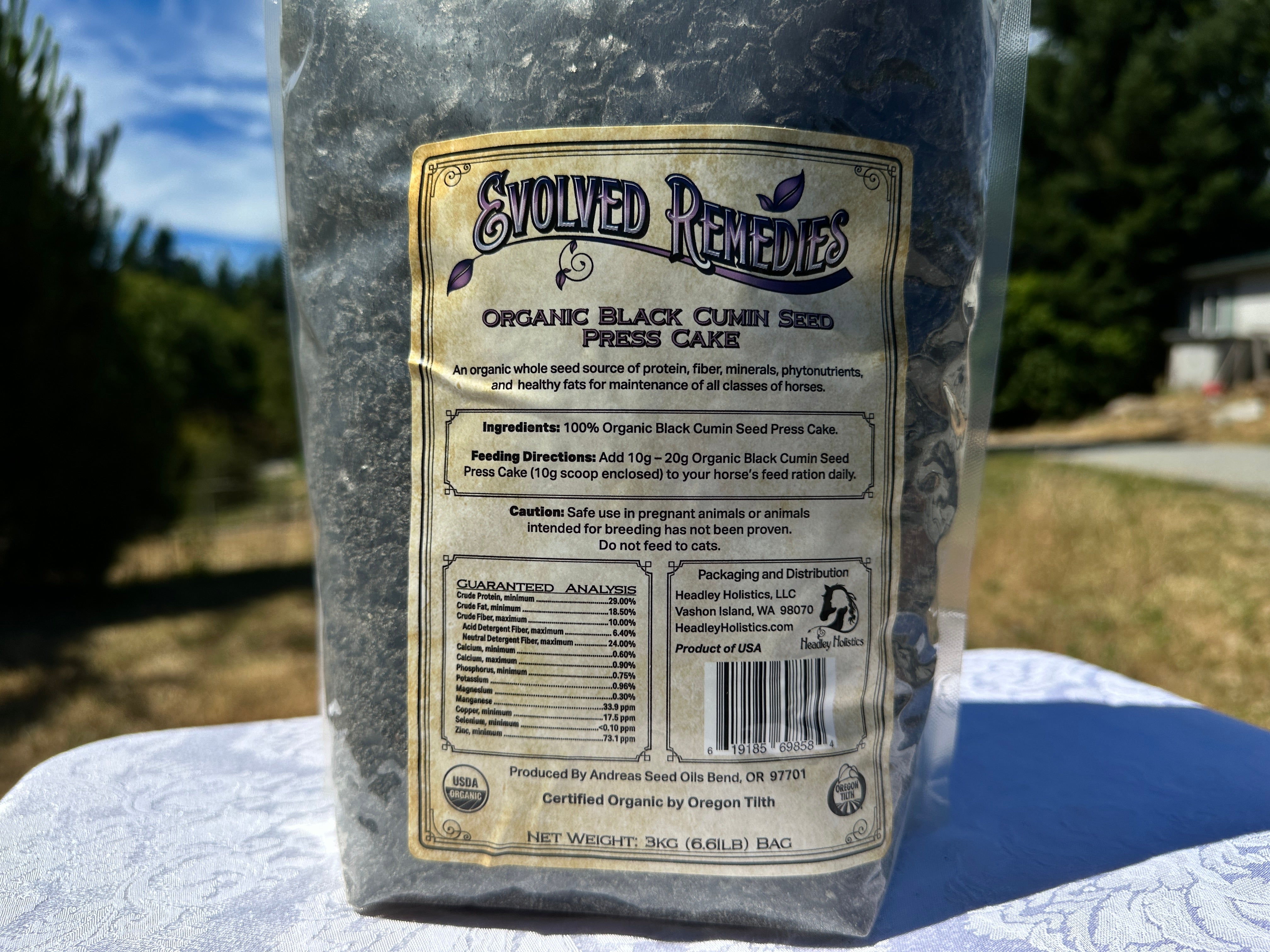
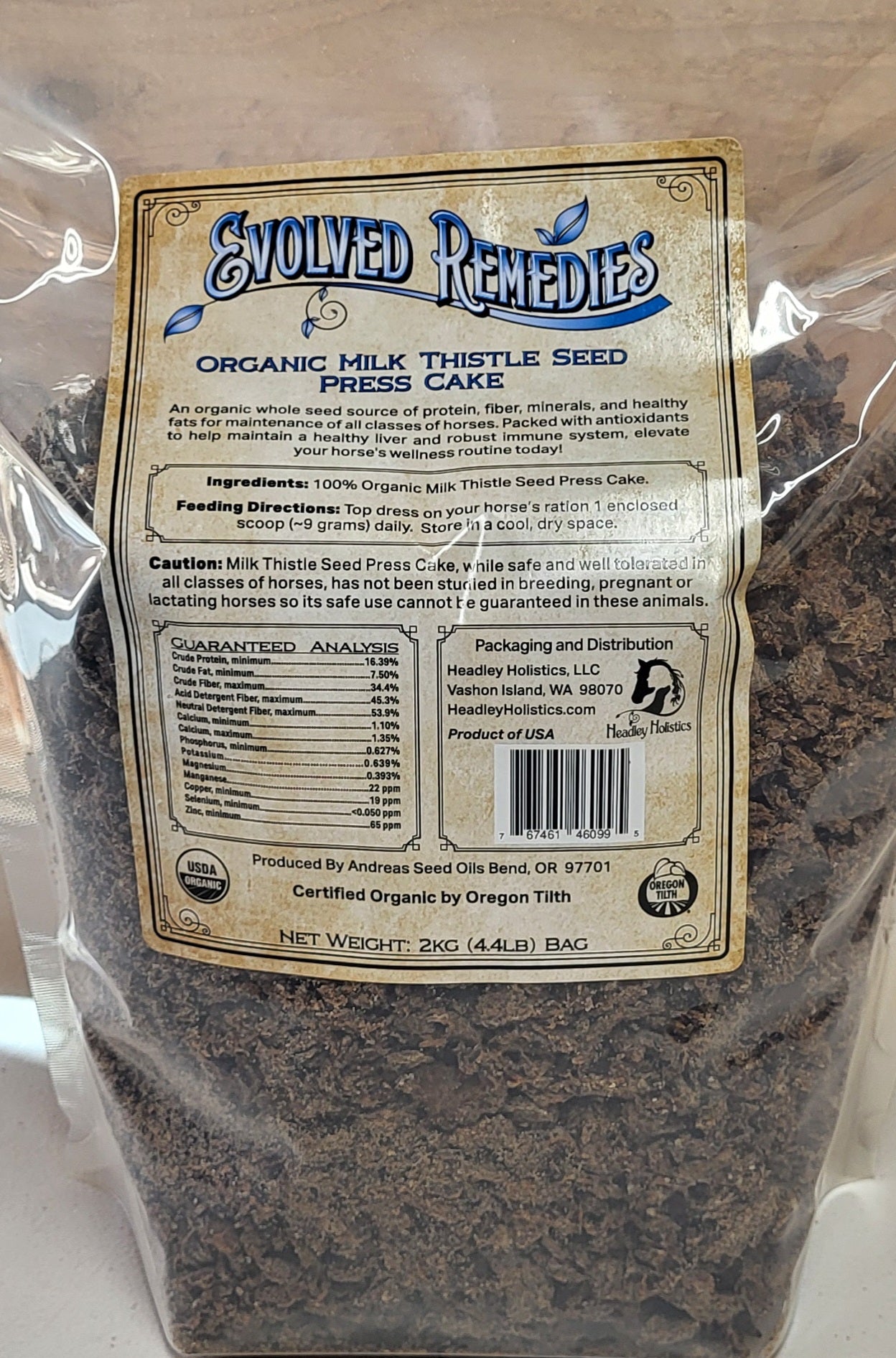
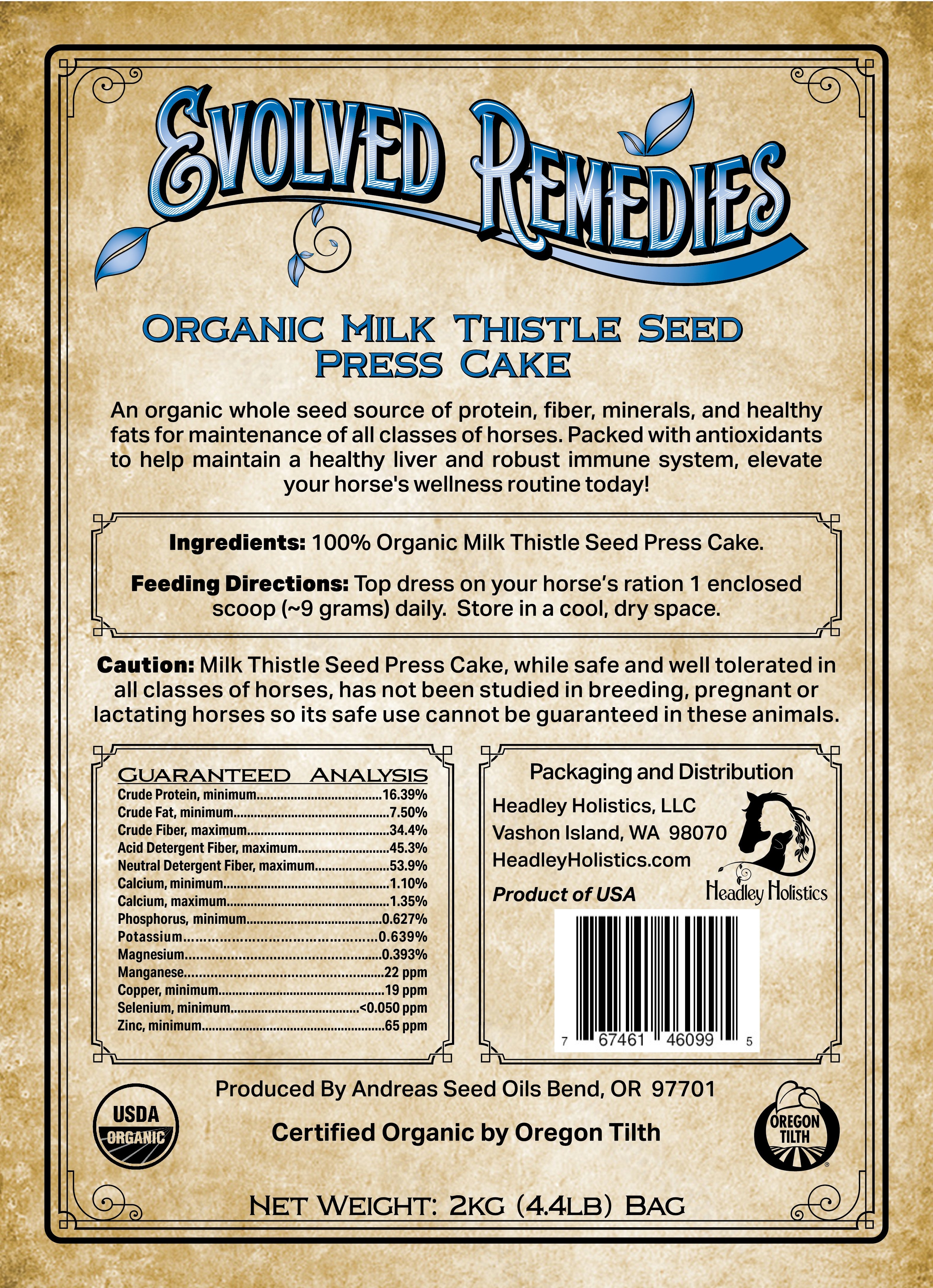
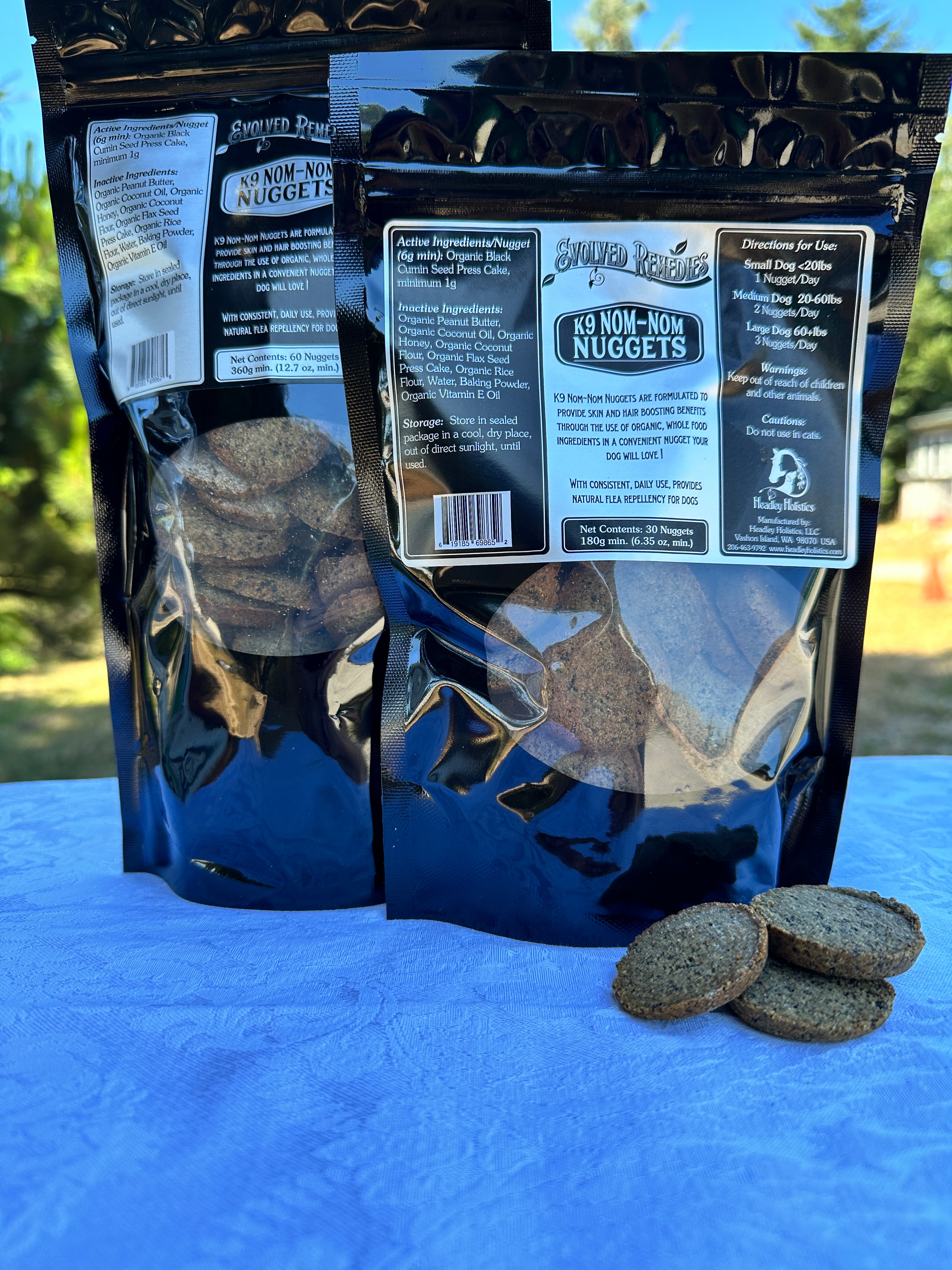
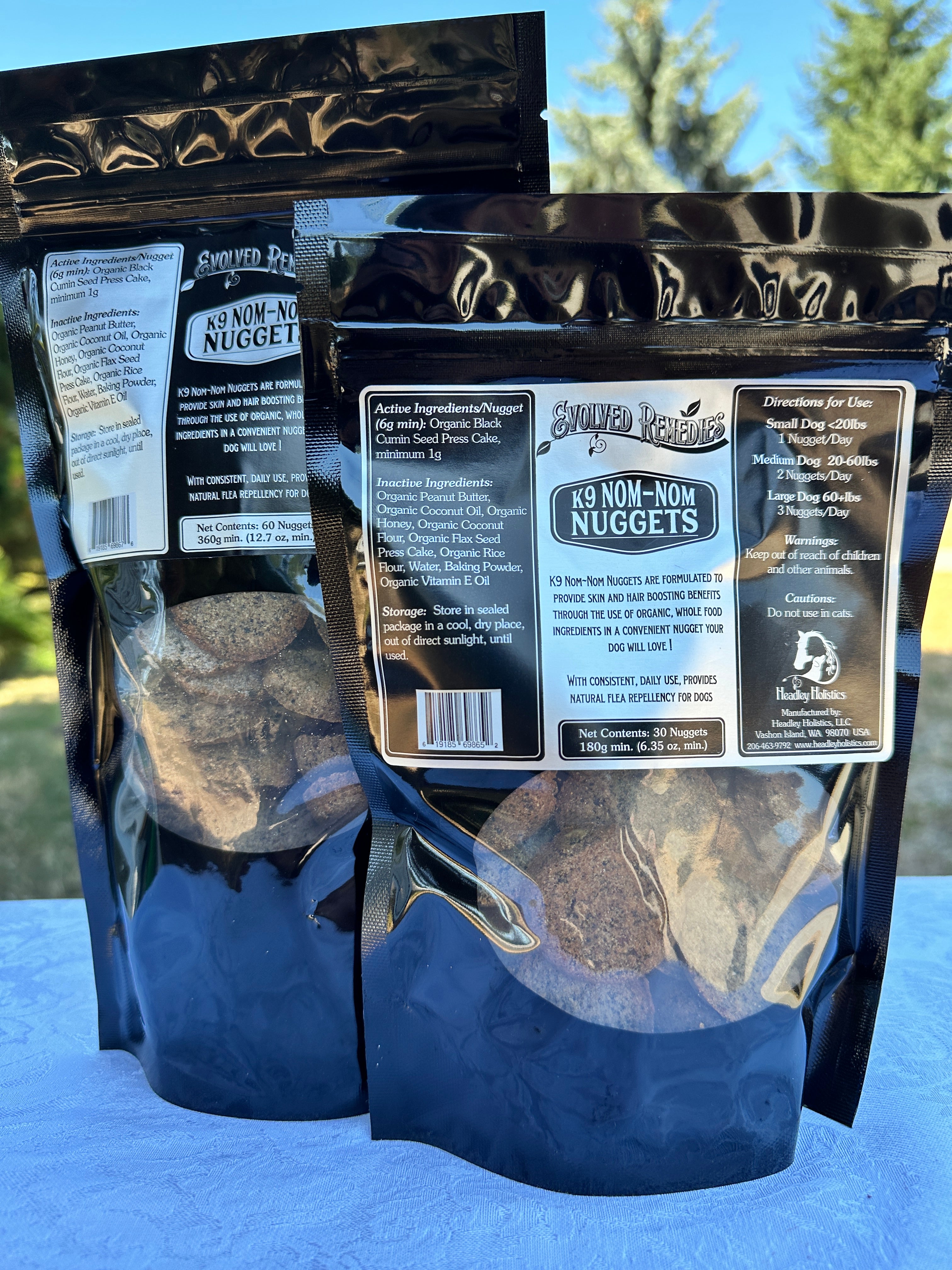
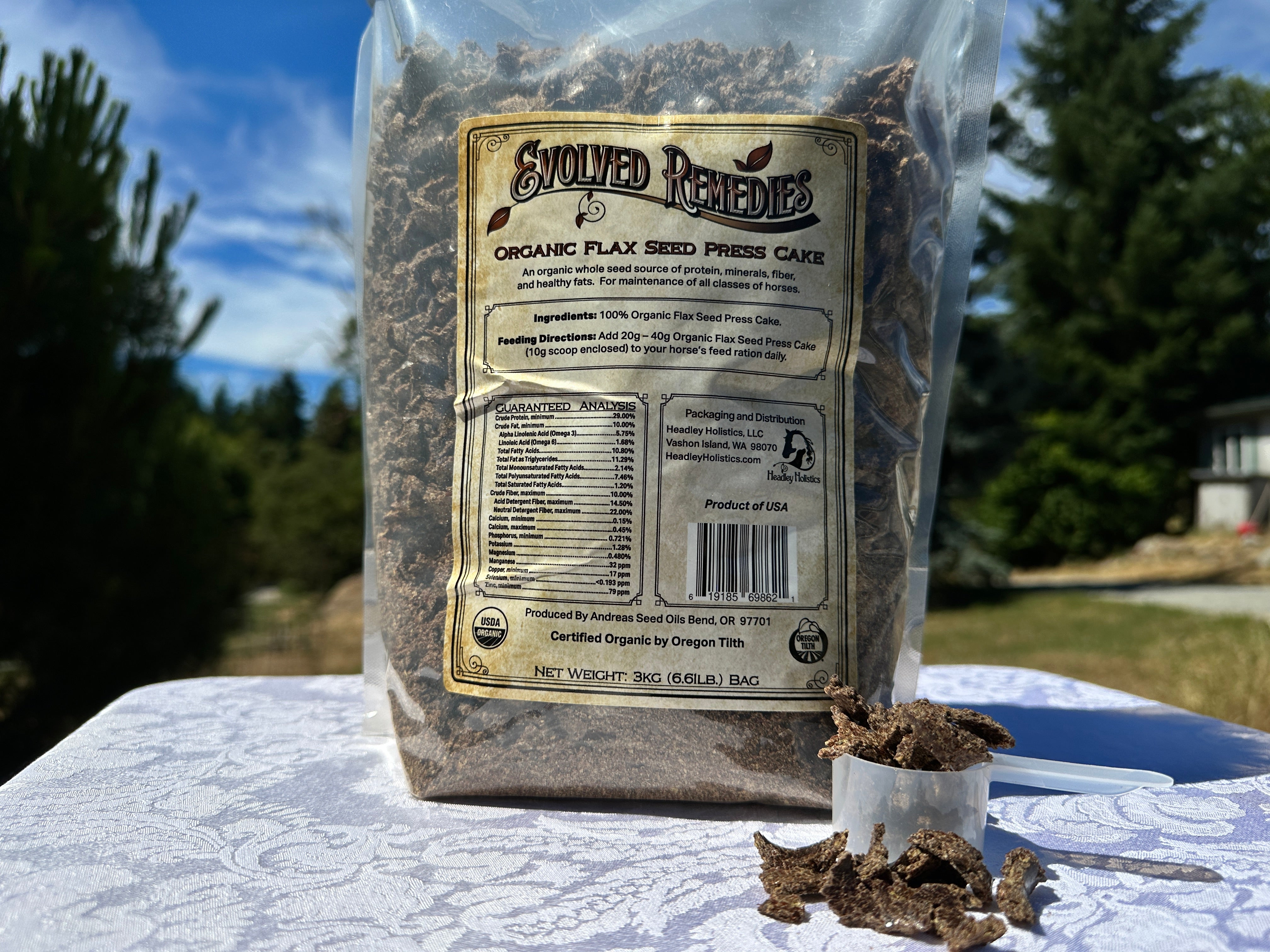
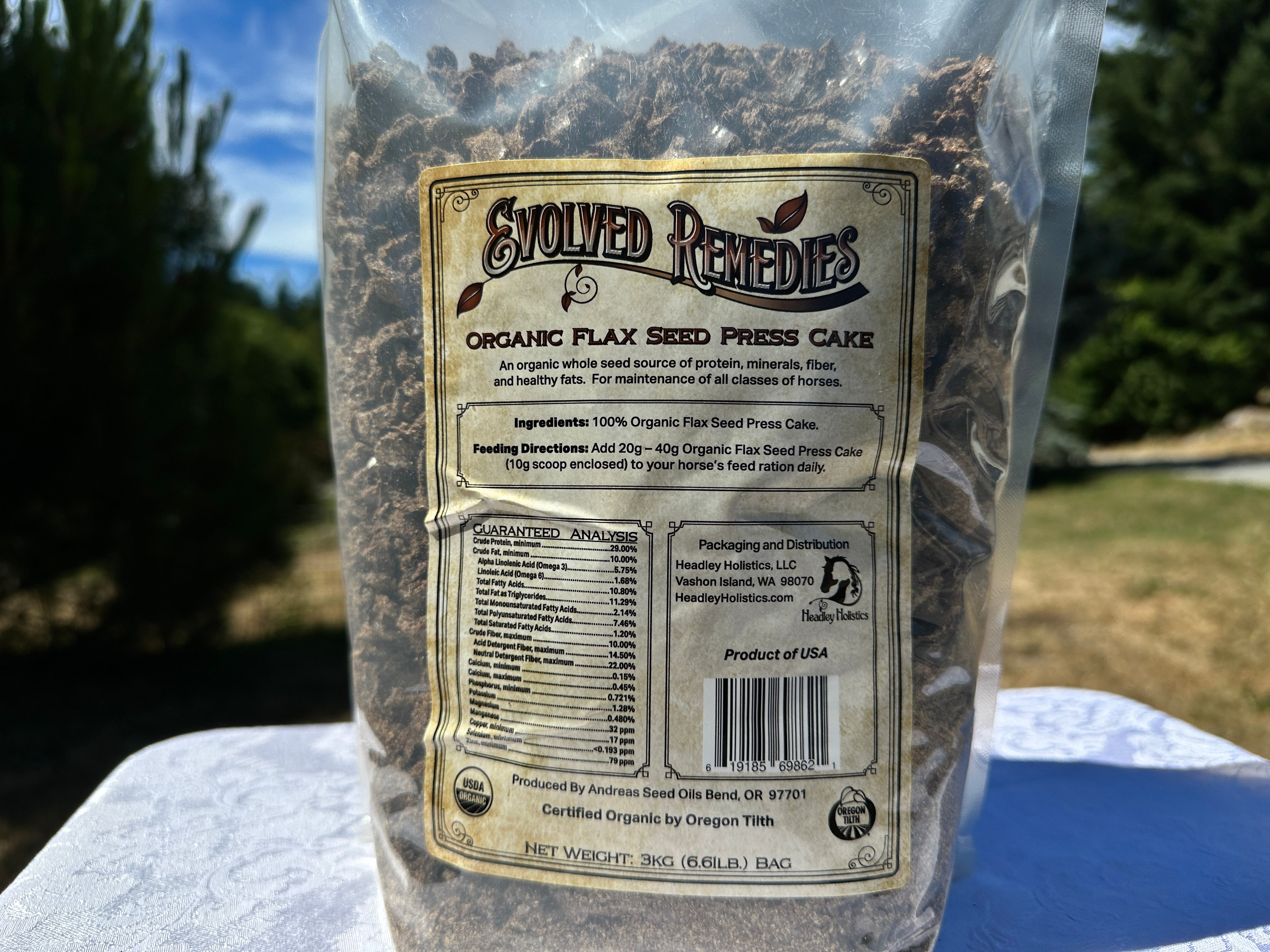
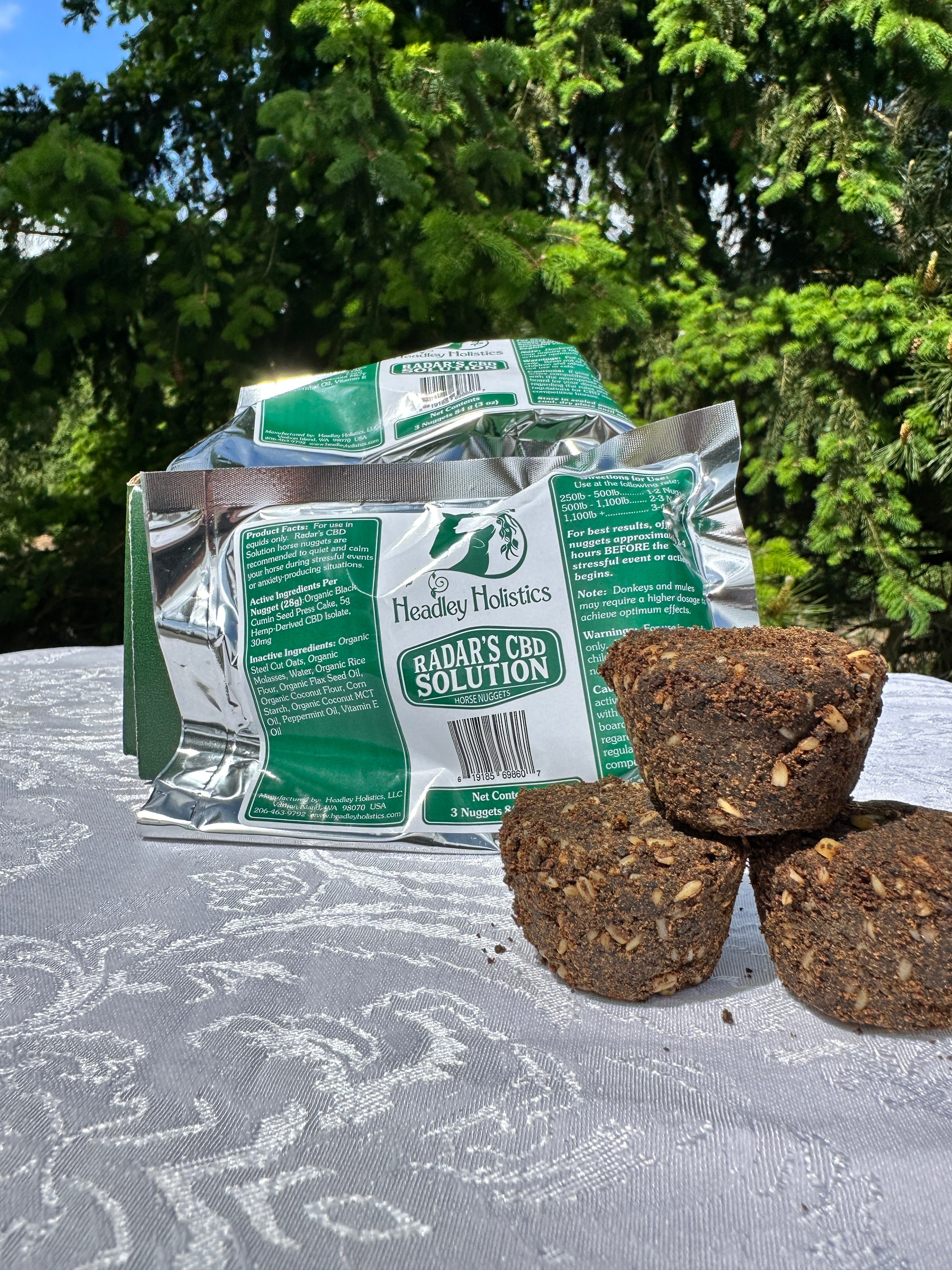
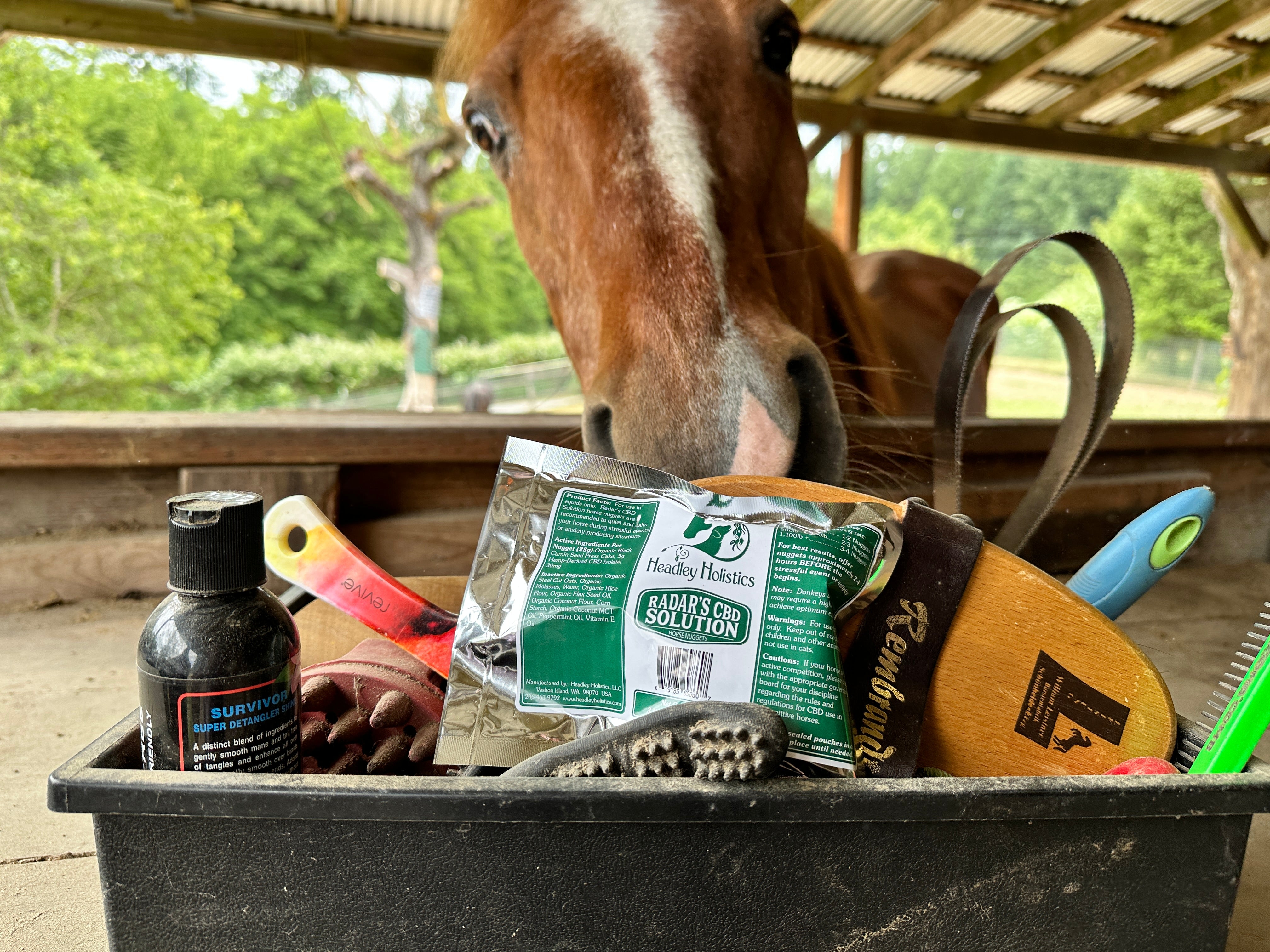
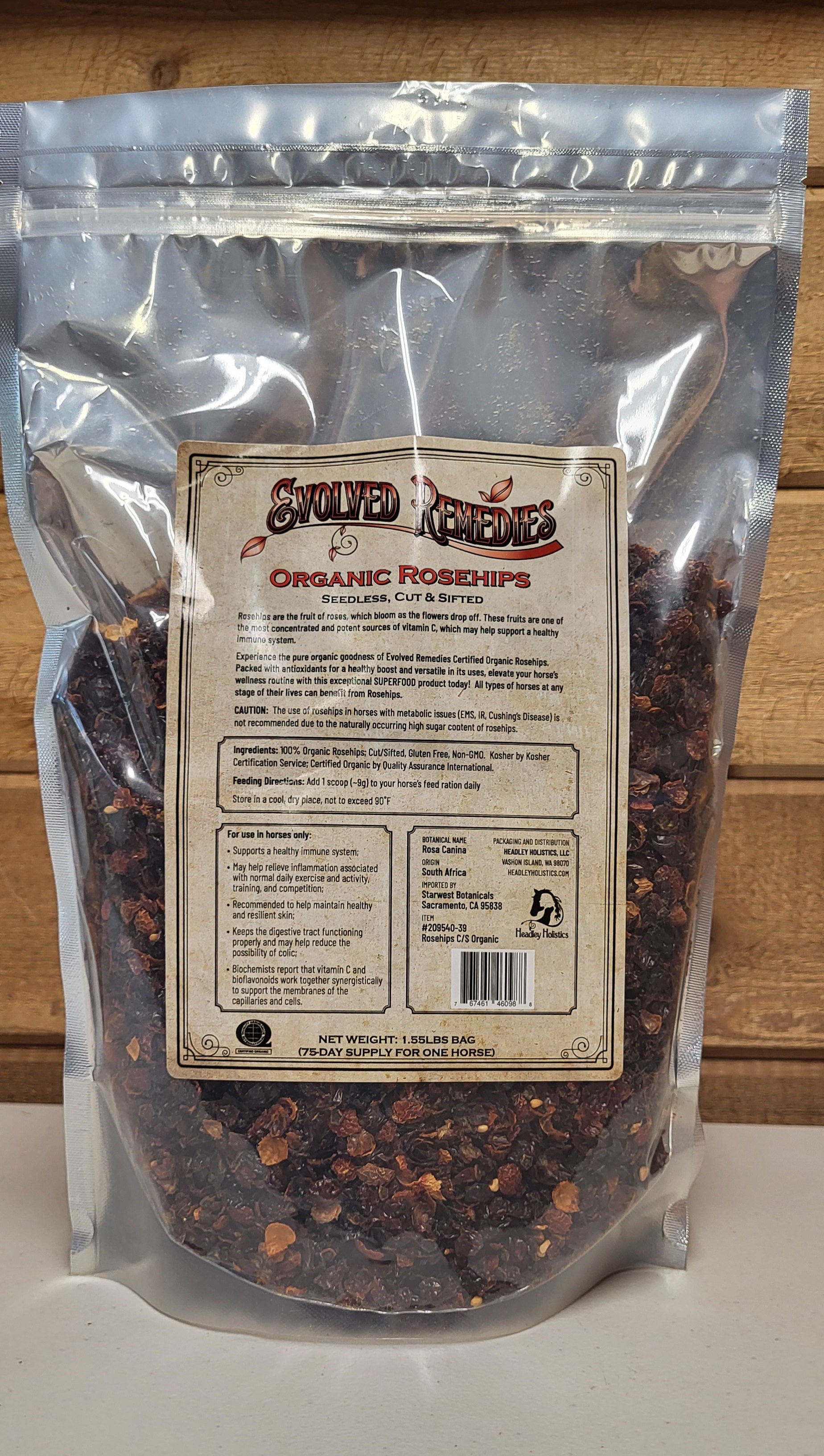
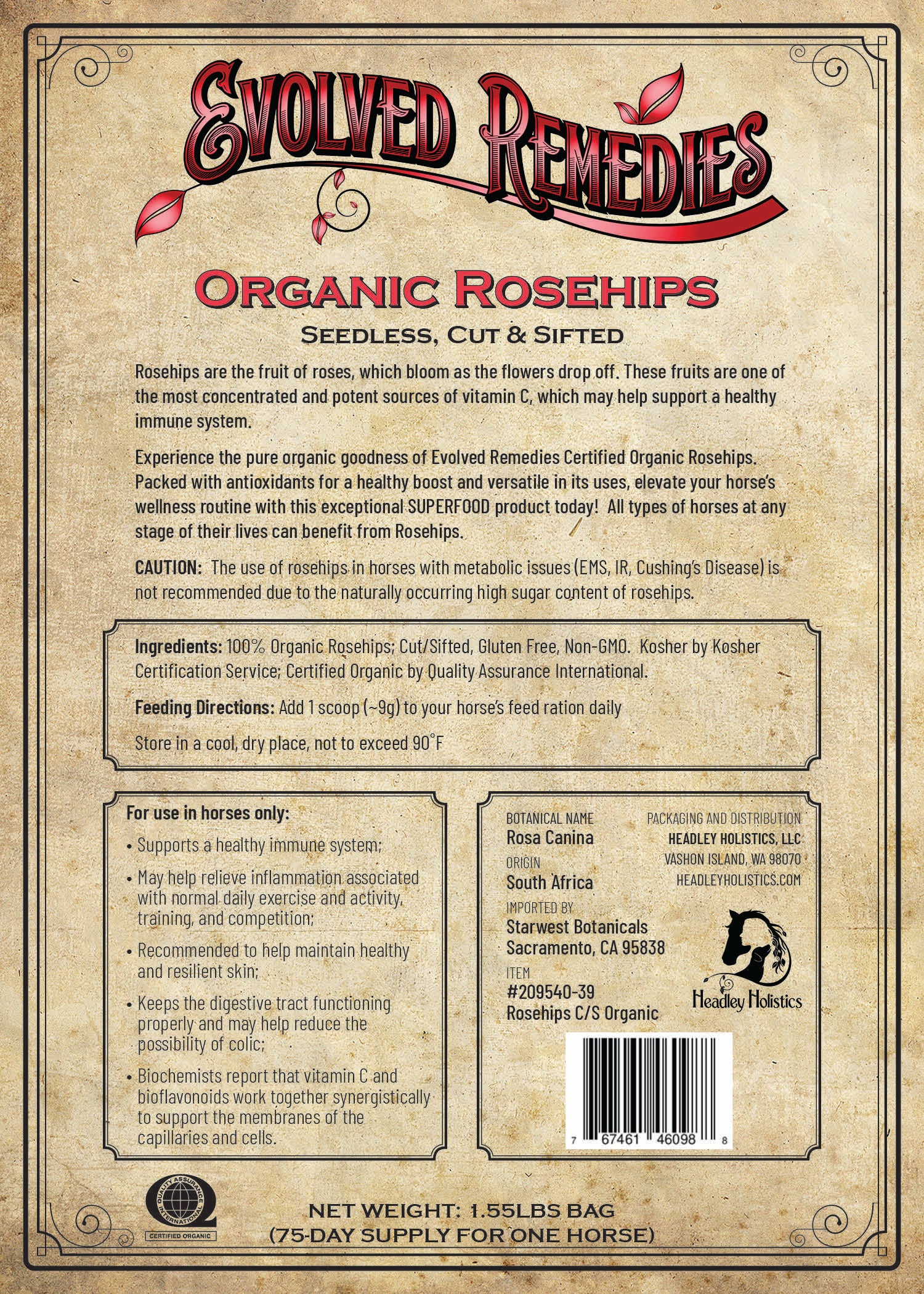
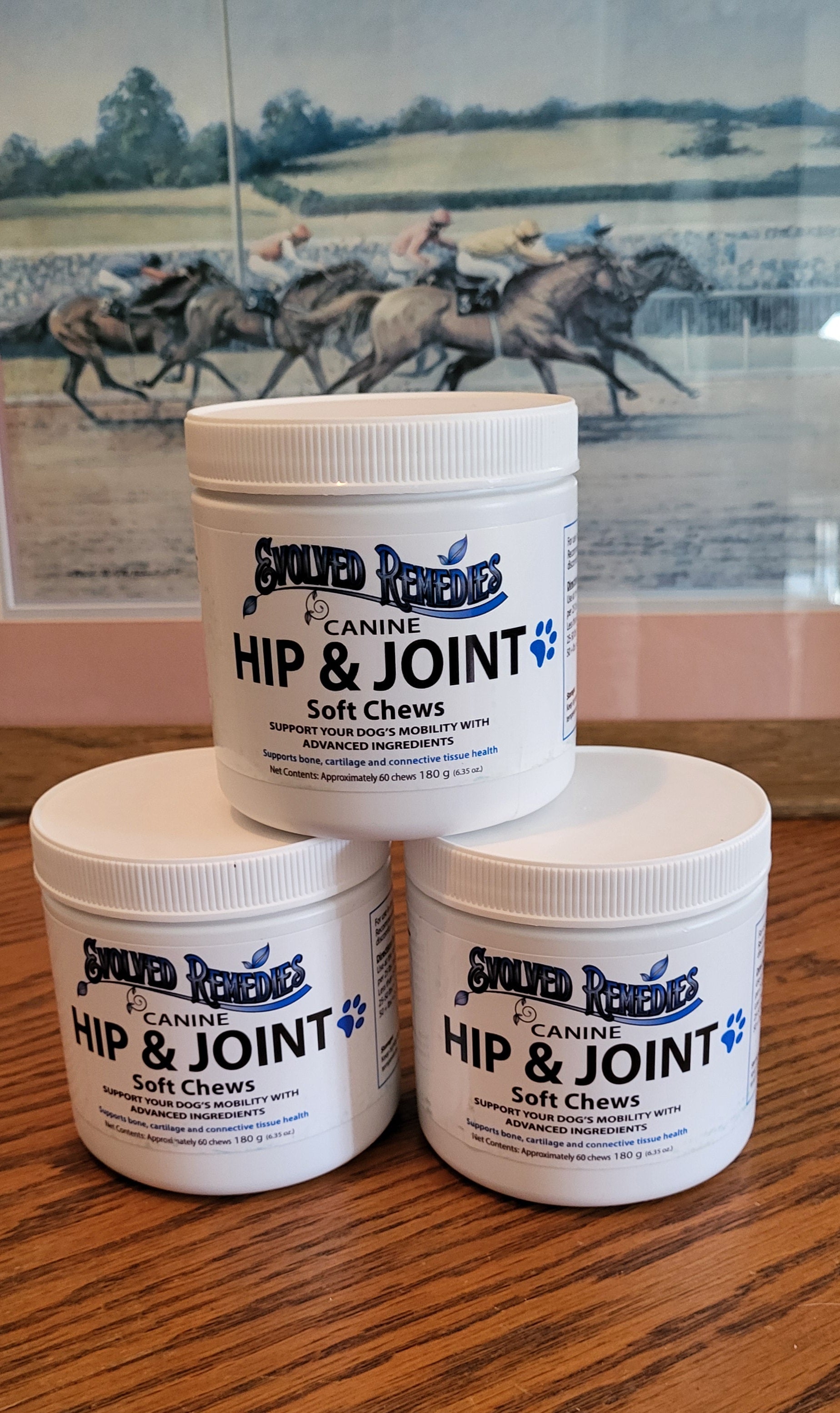
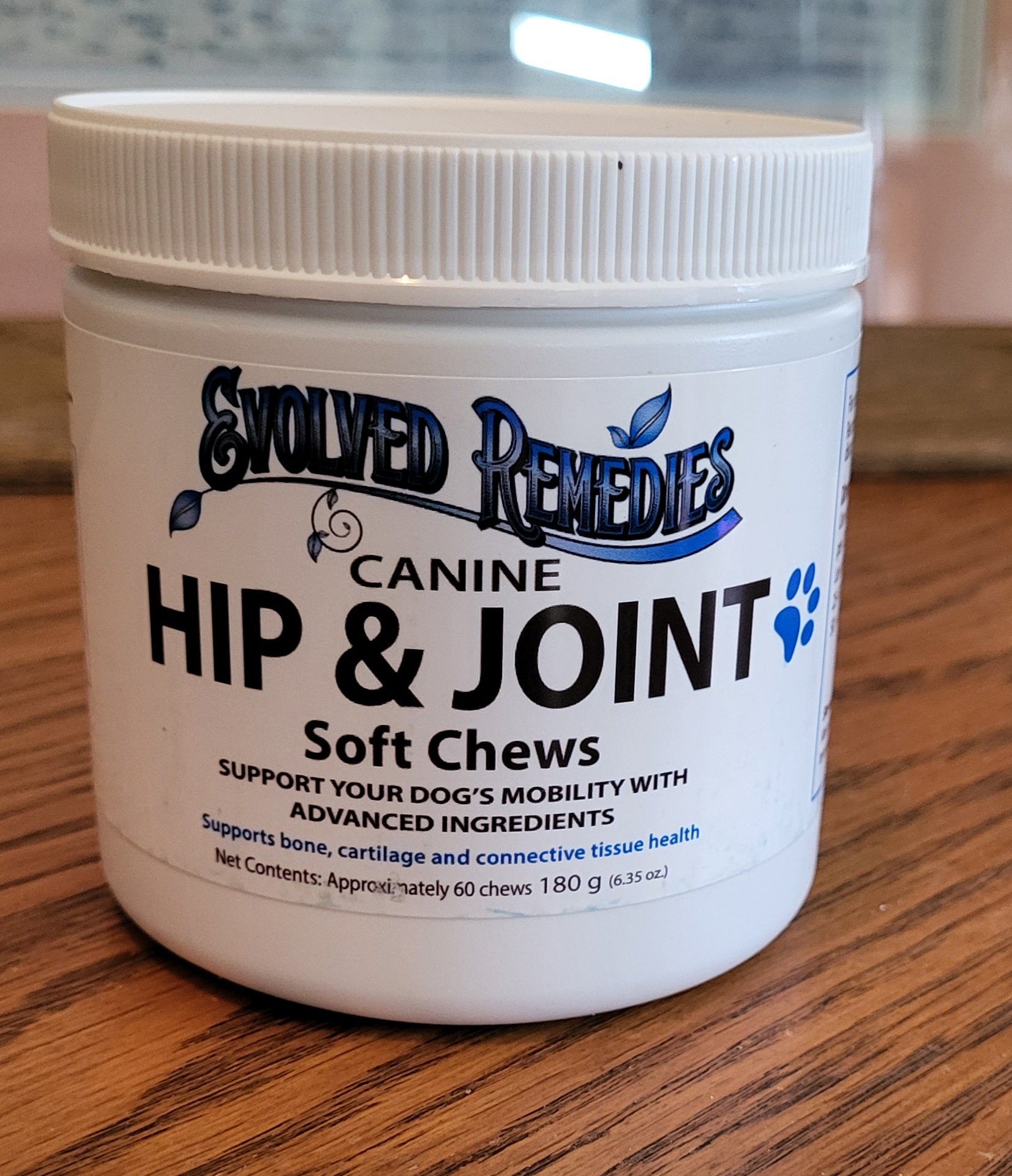
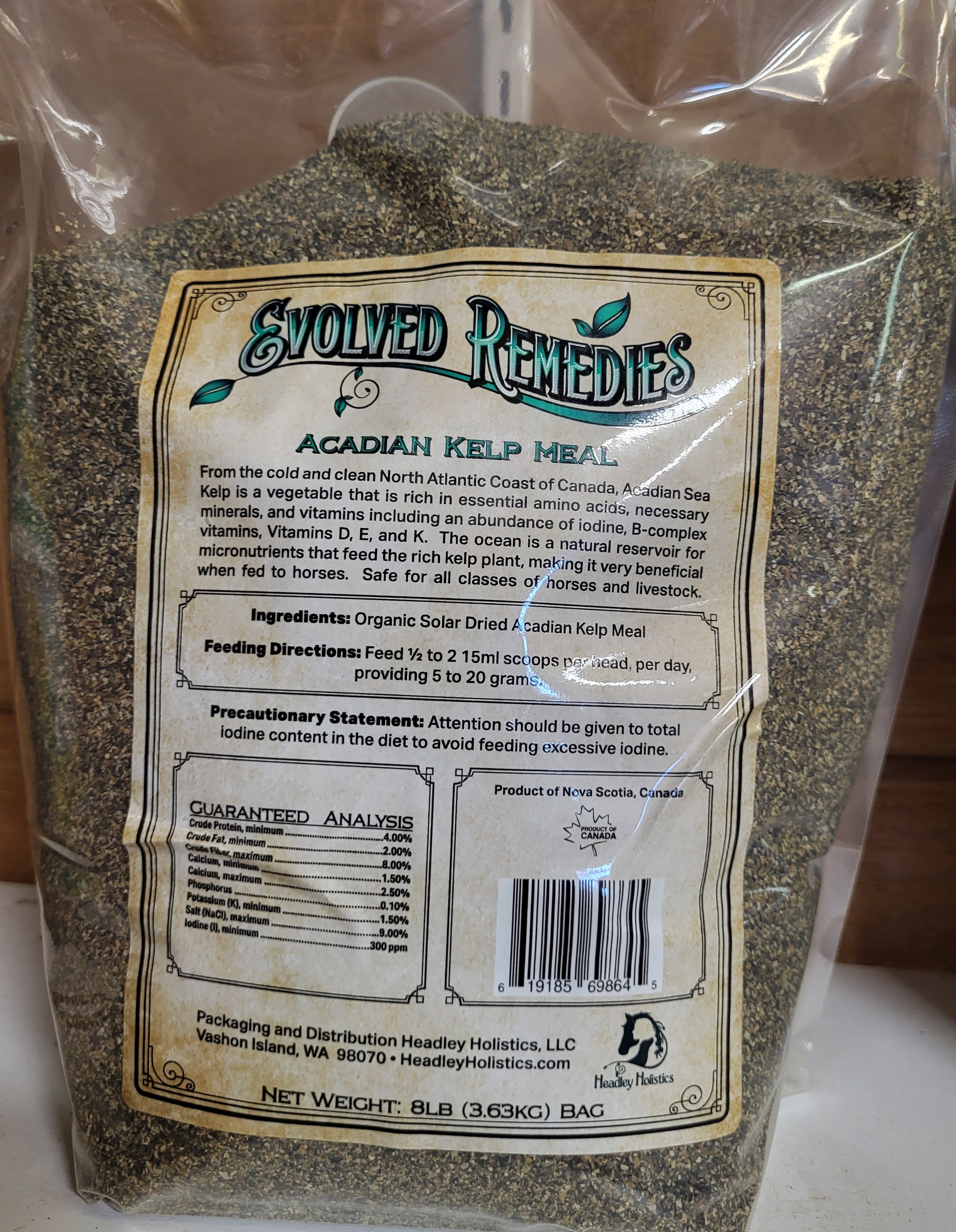
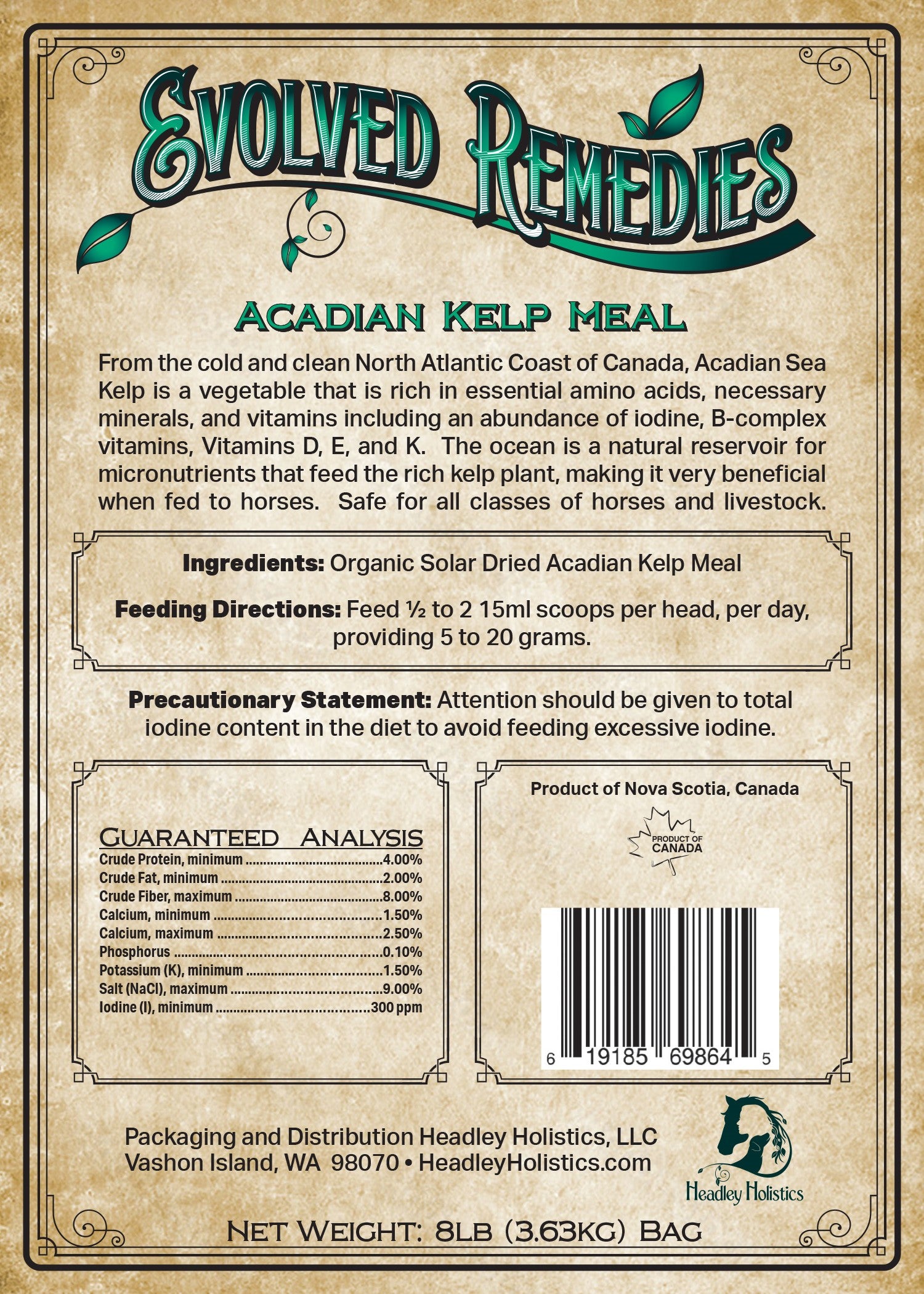
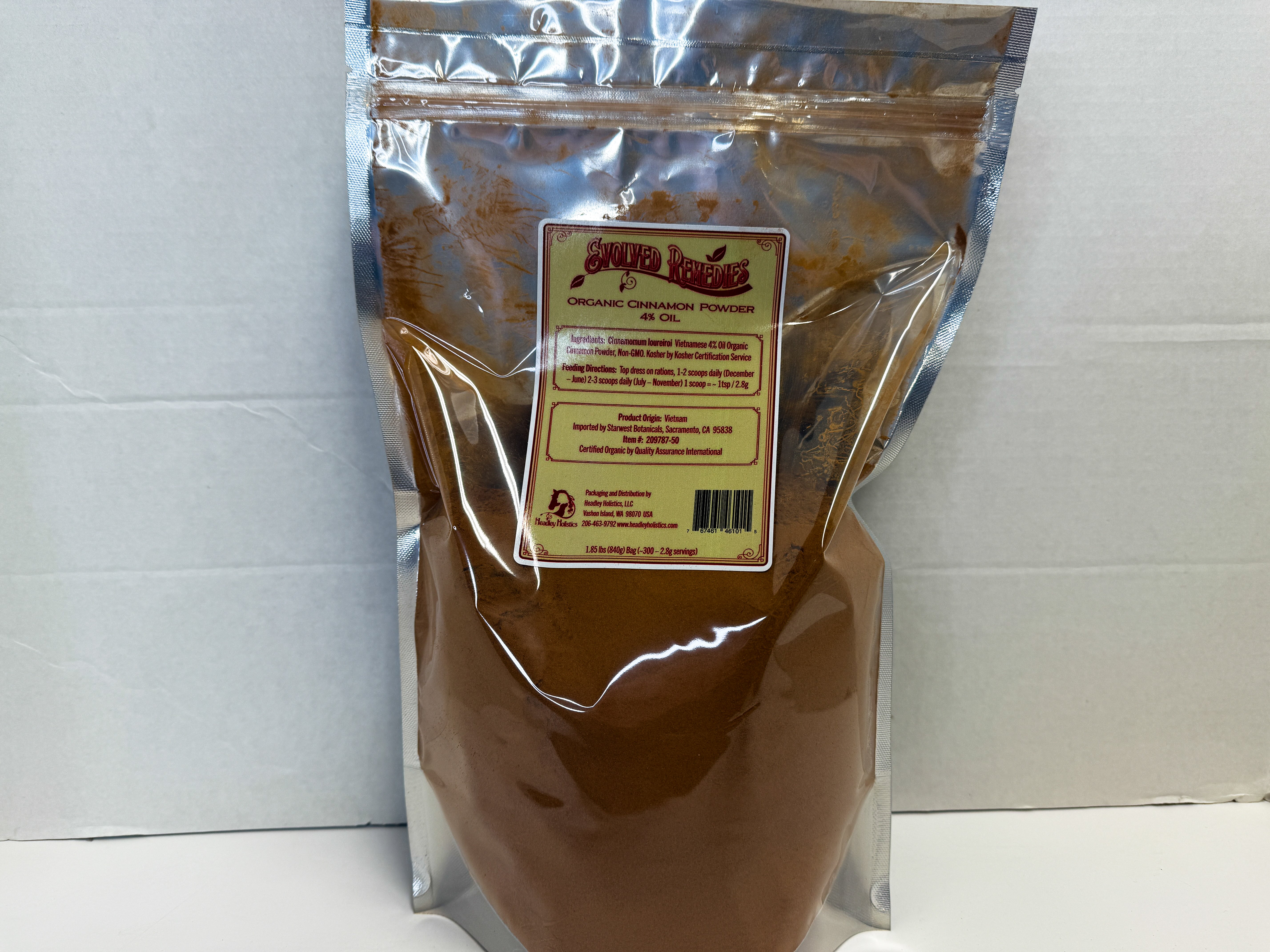
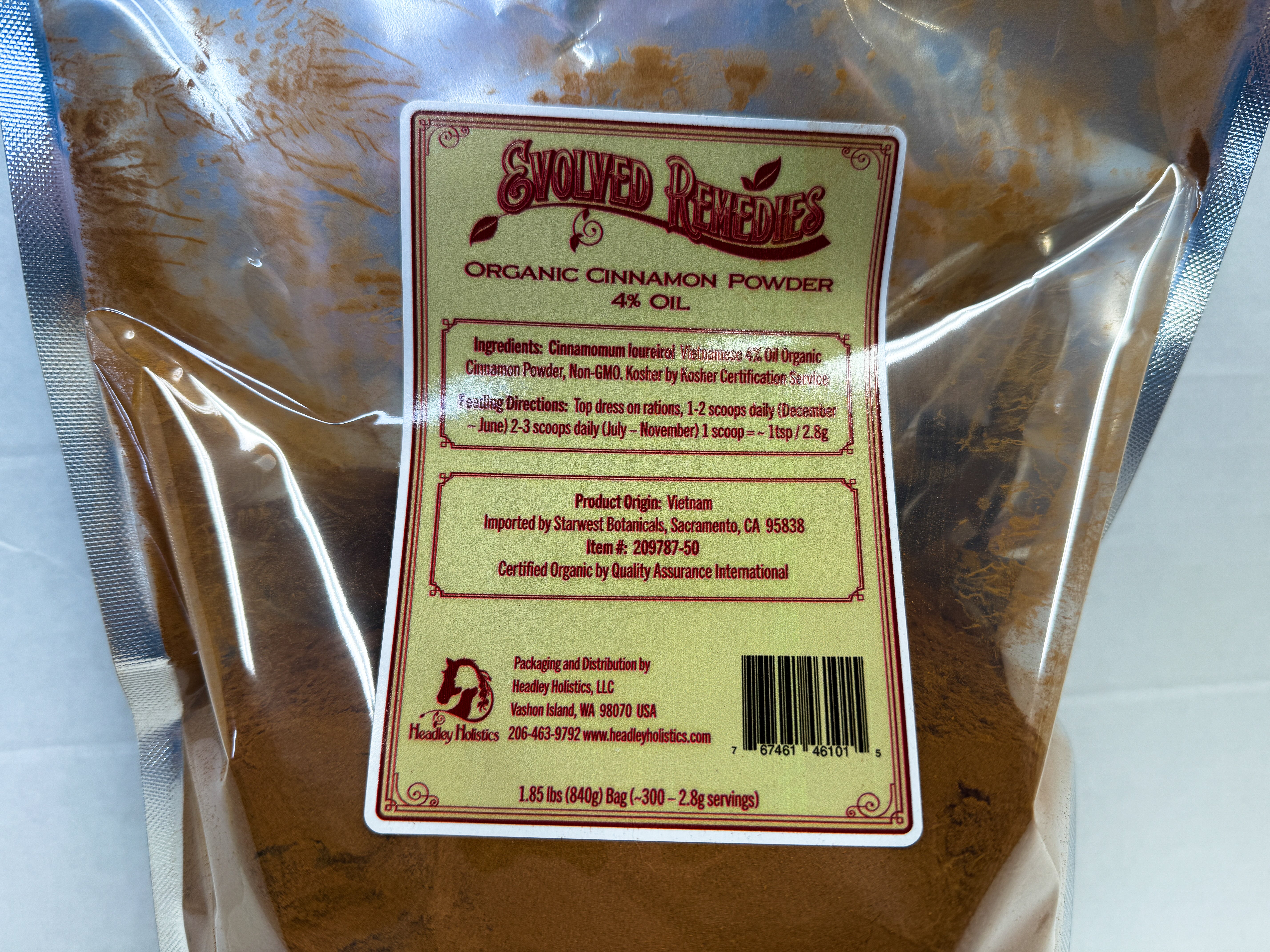
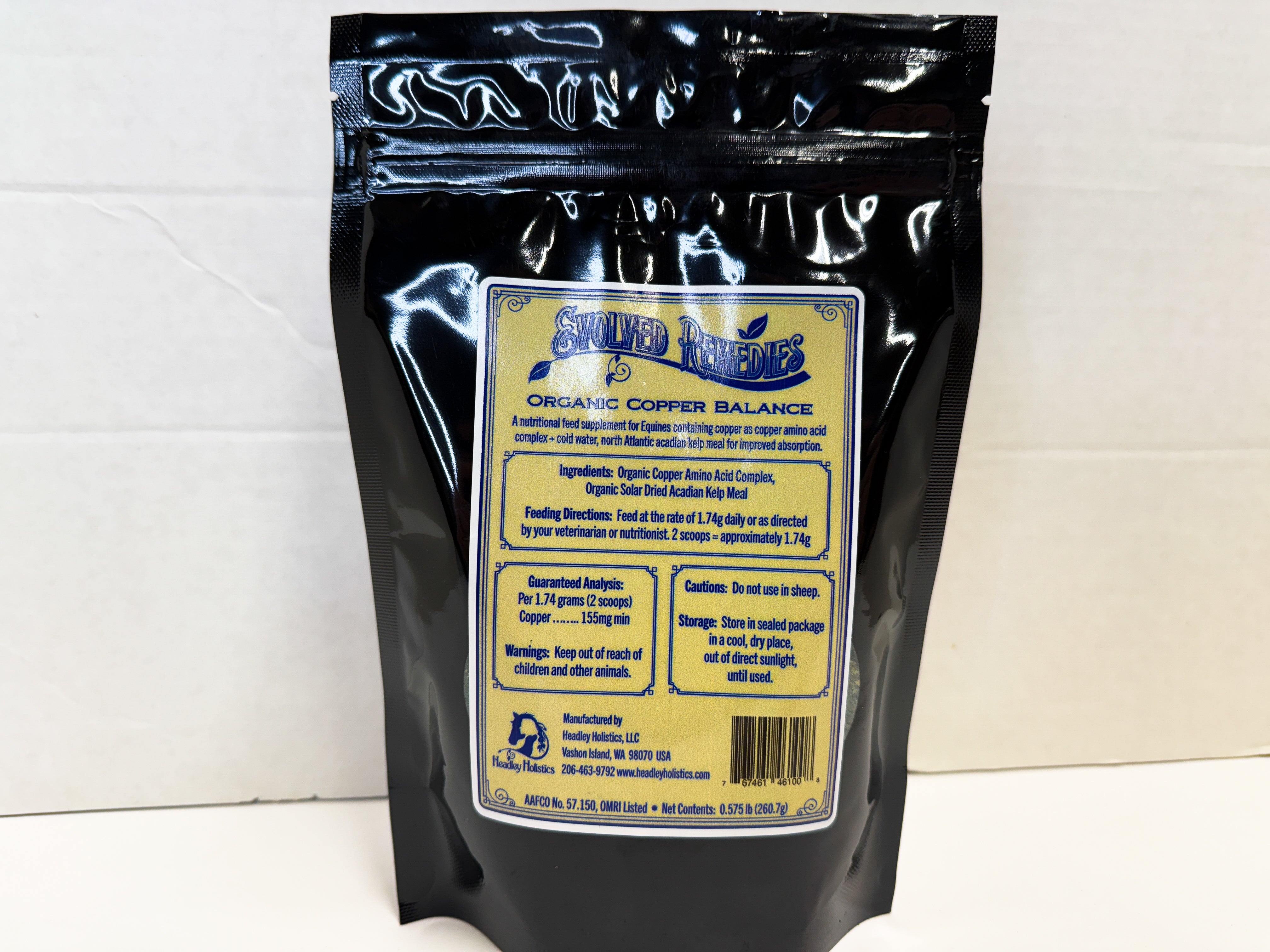
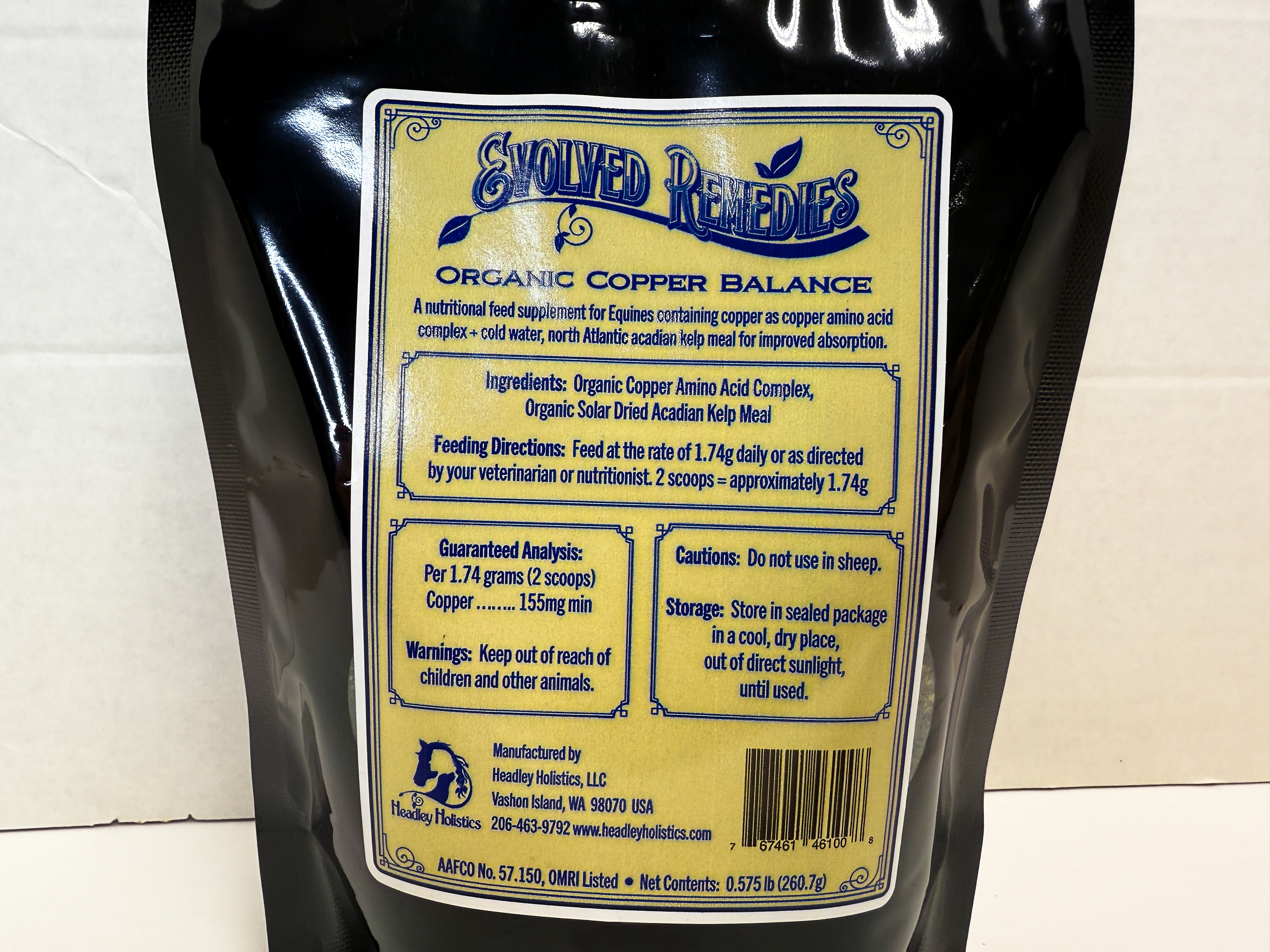
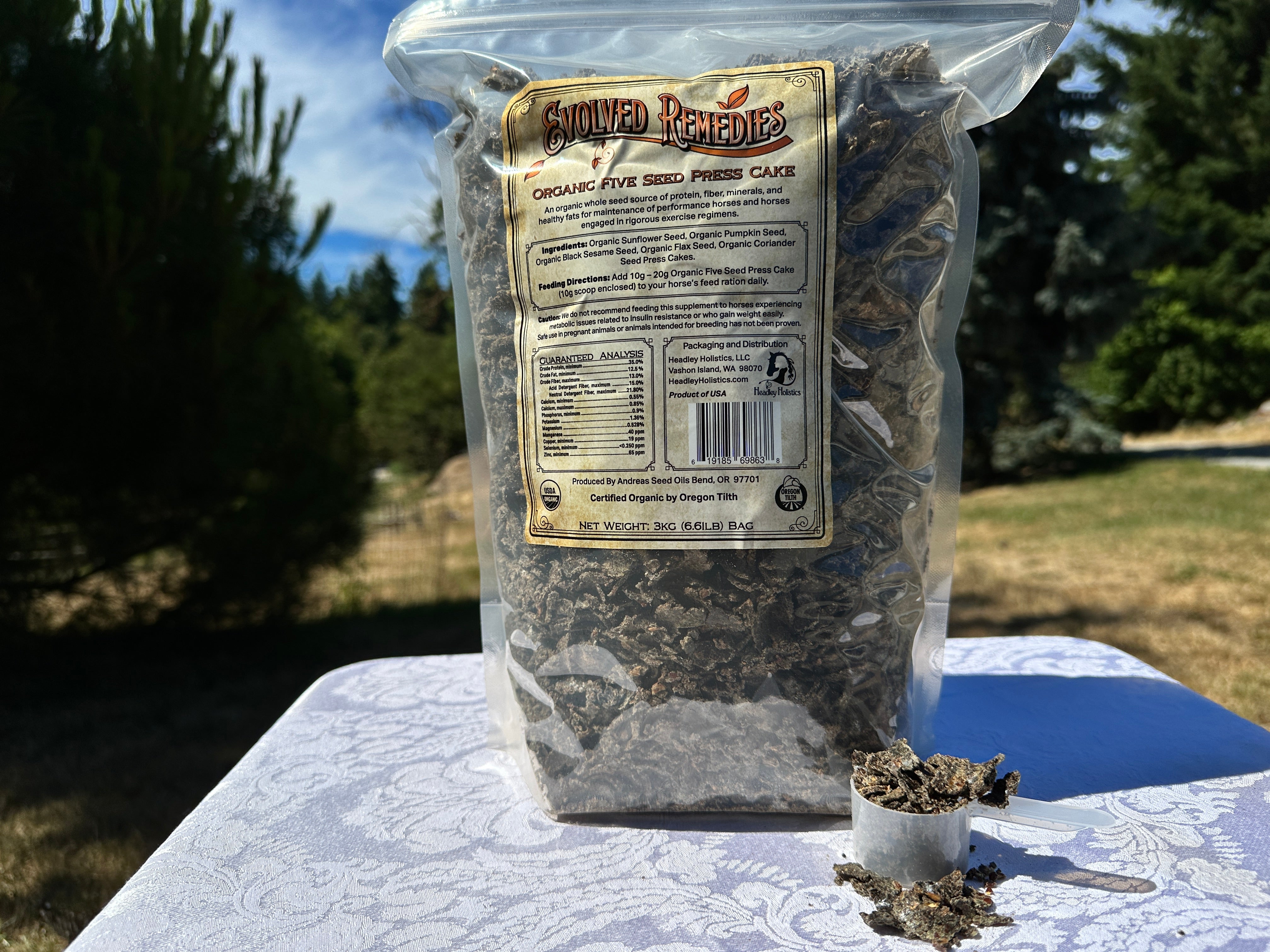
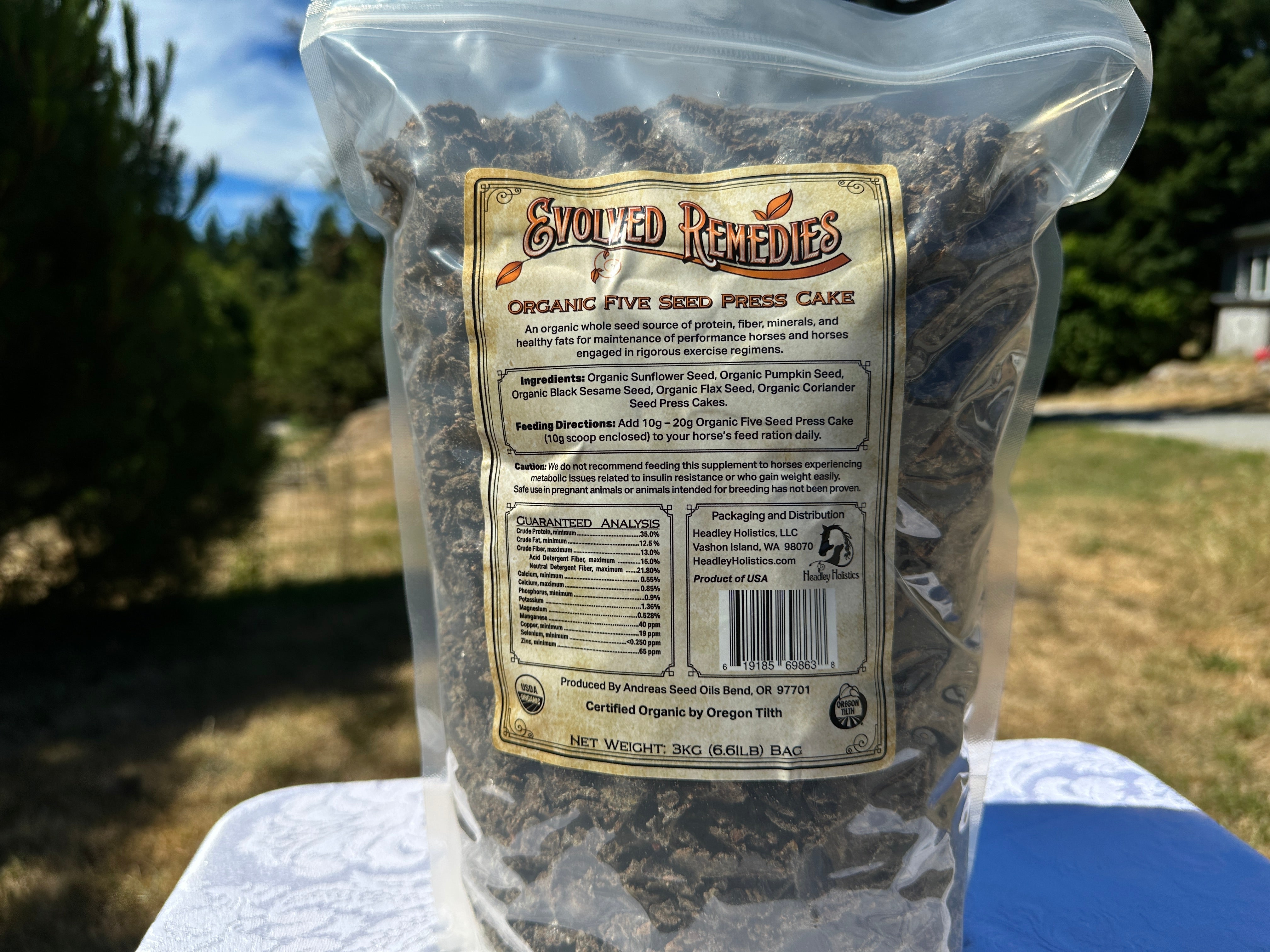
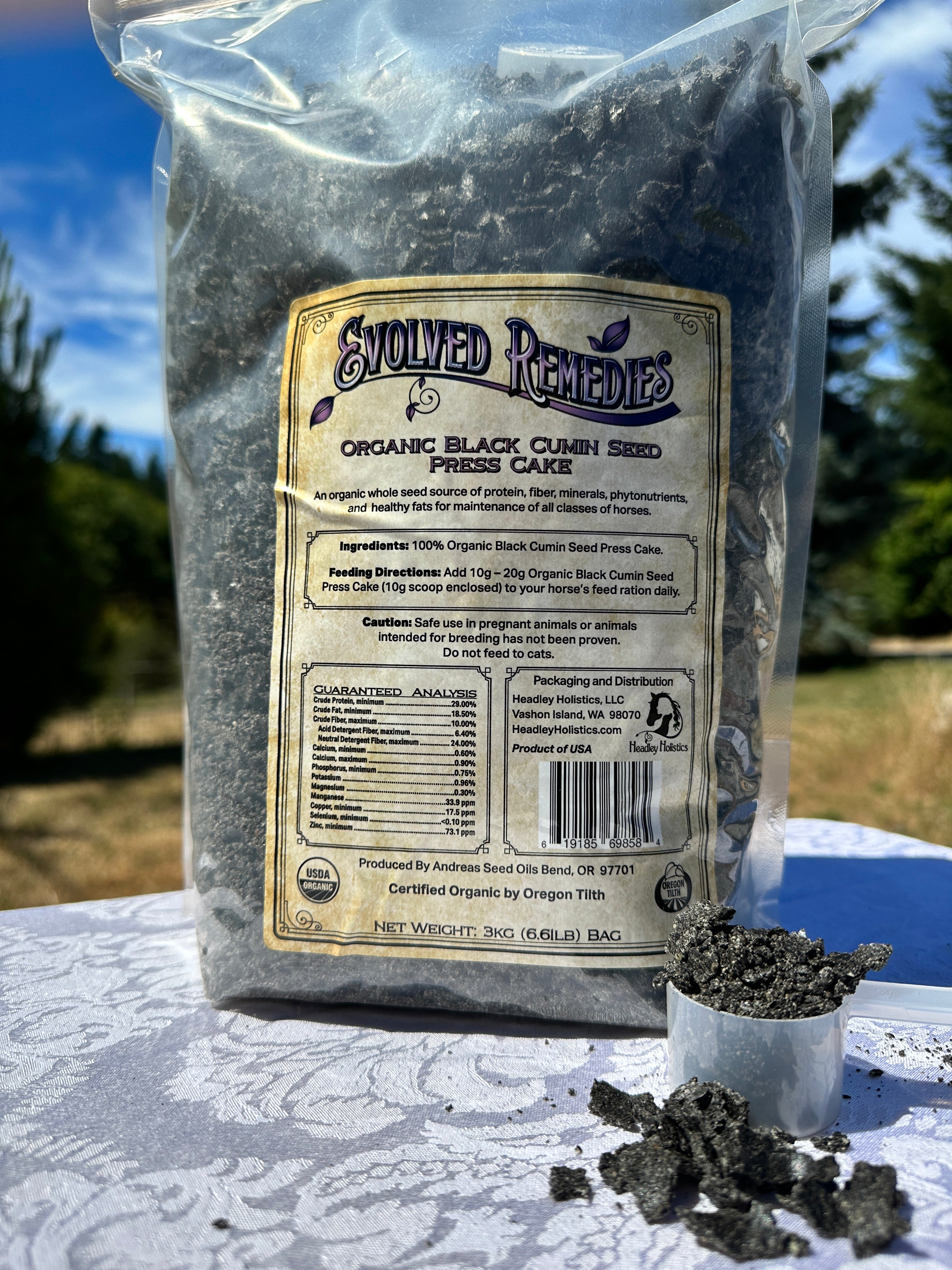
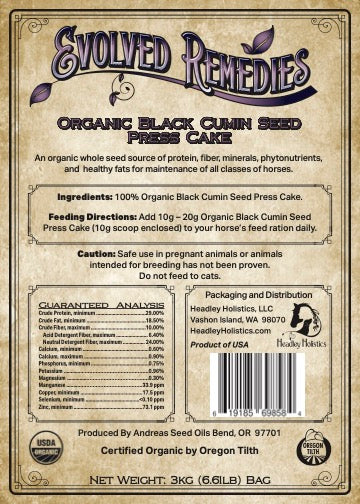
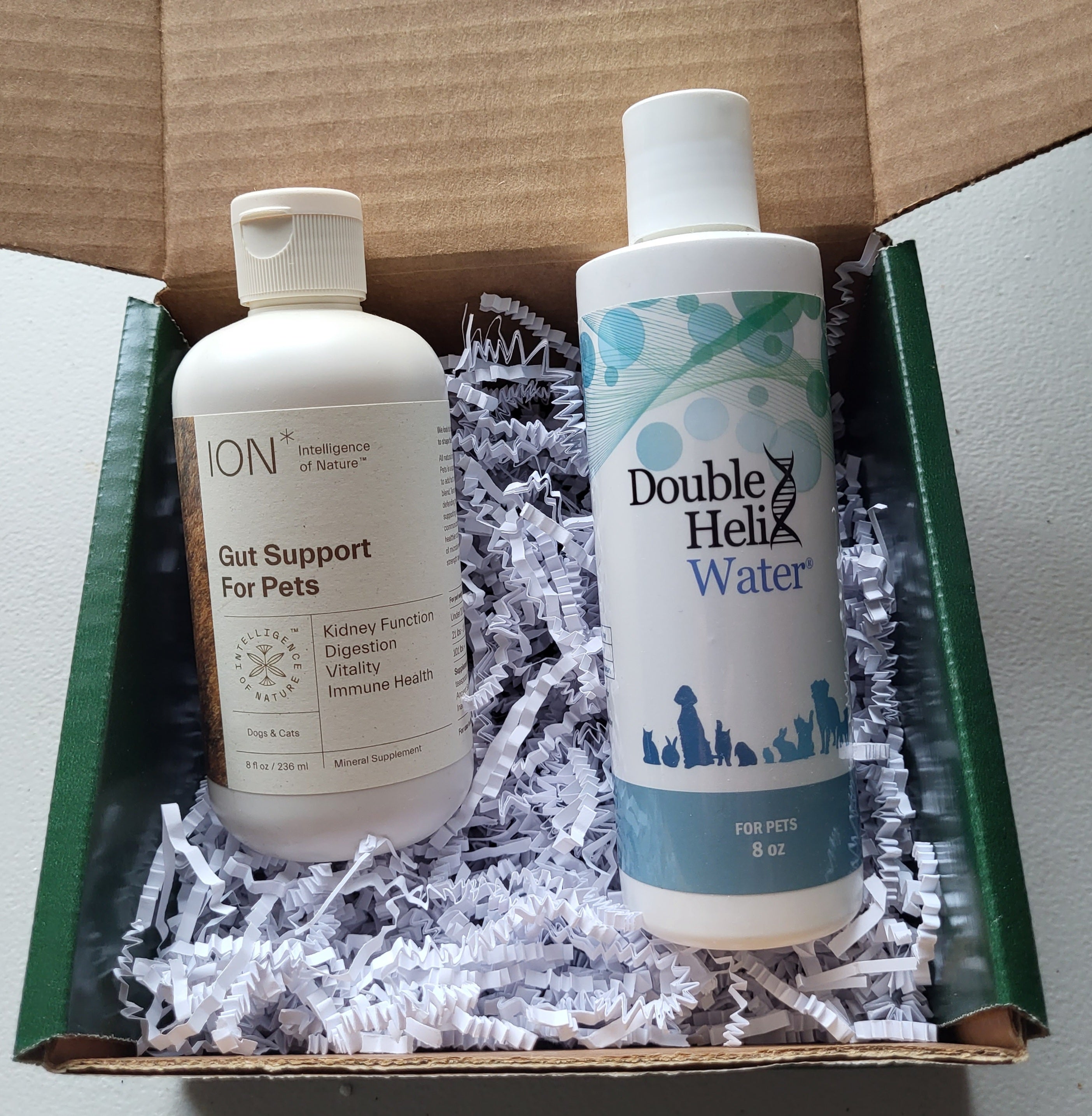
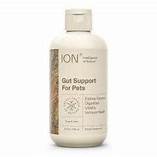
Leave a comment
This site is protected by hCaptcha and the hCaptcha Privacy Policy and Terms of Service apply.